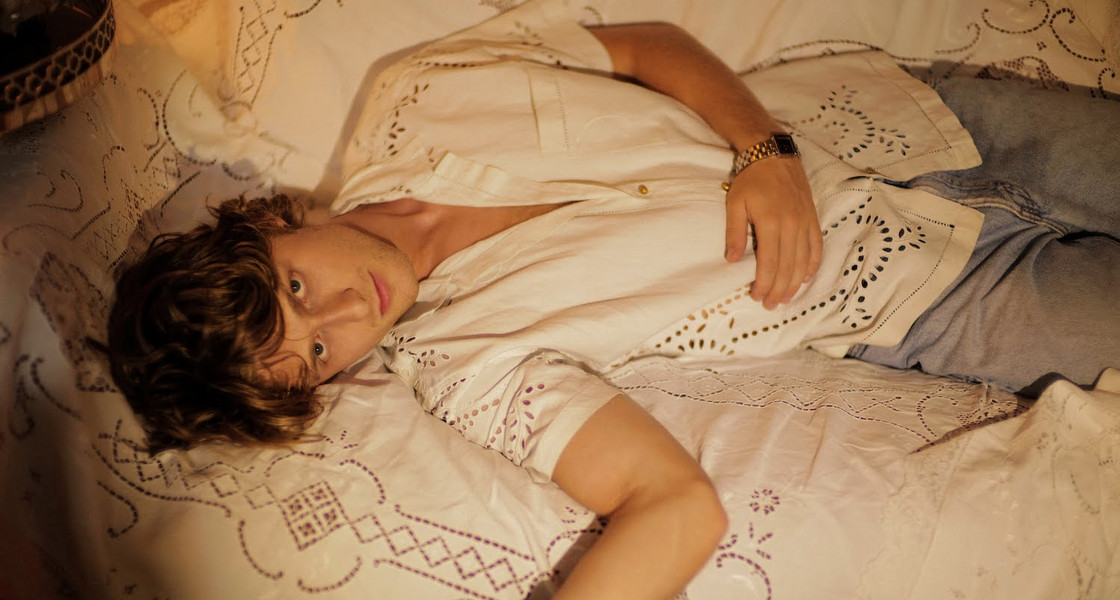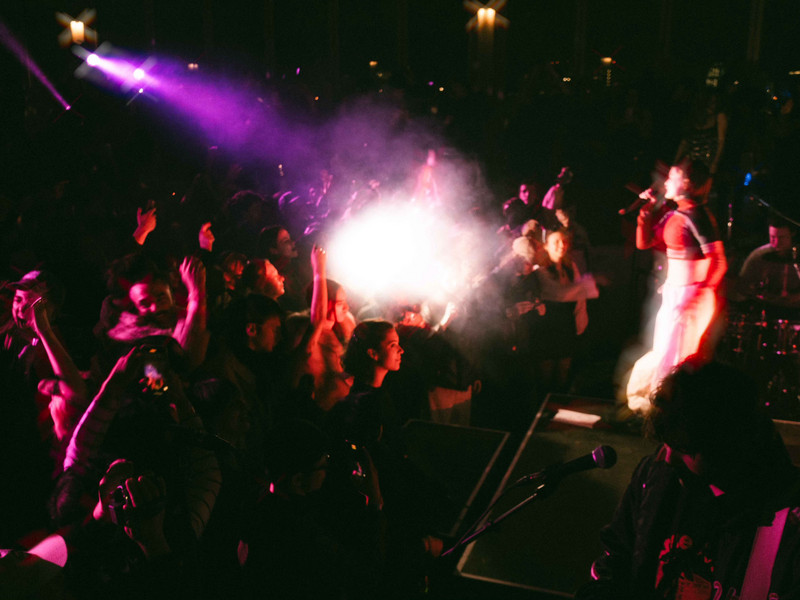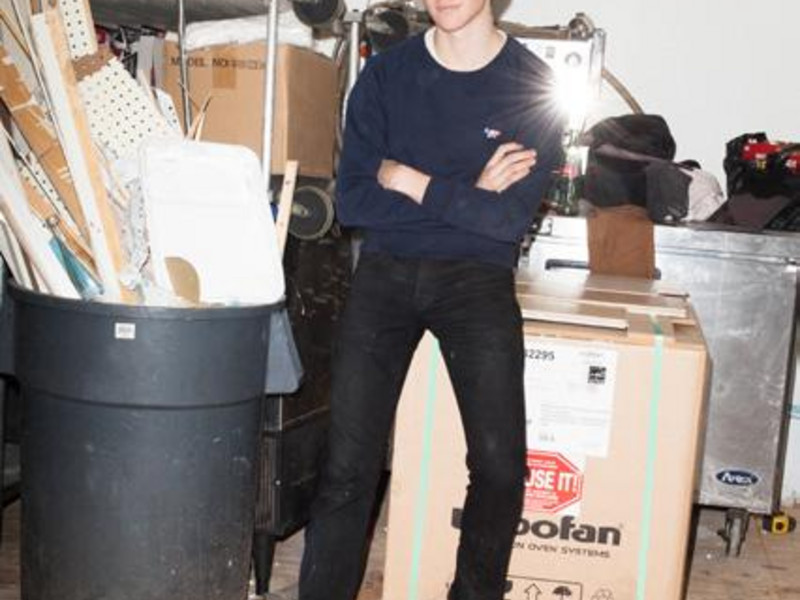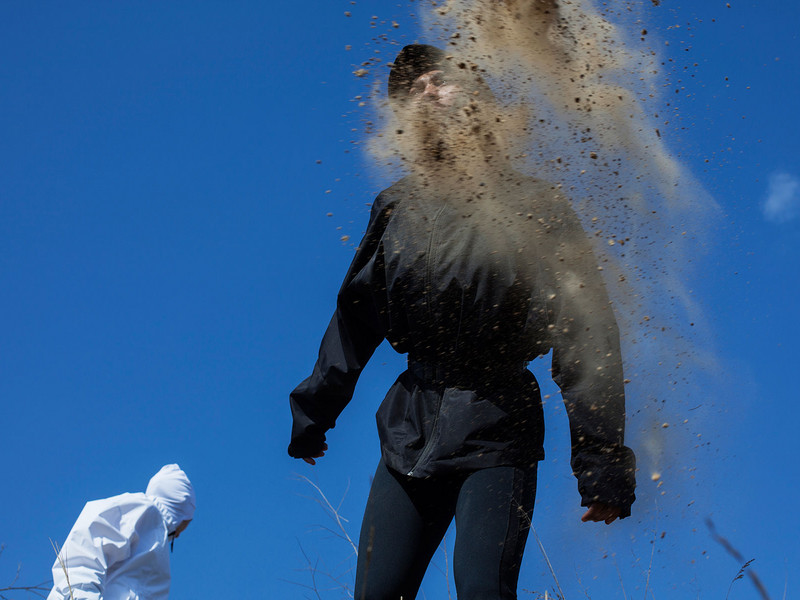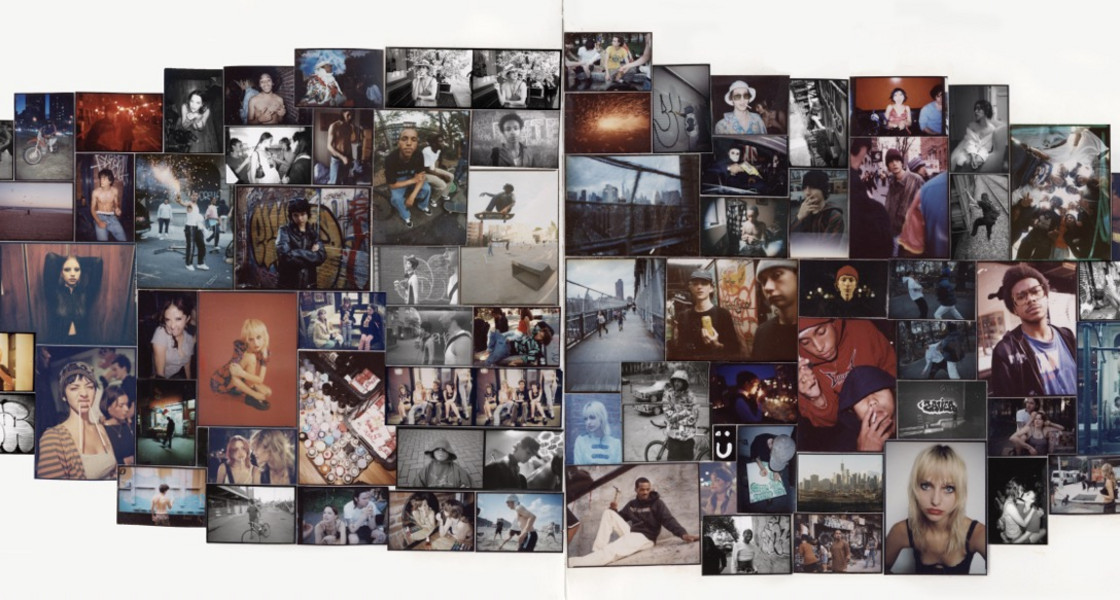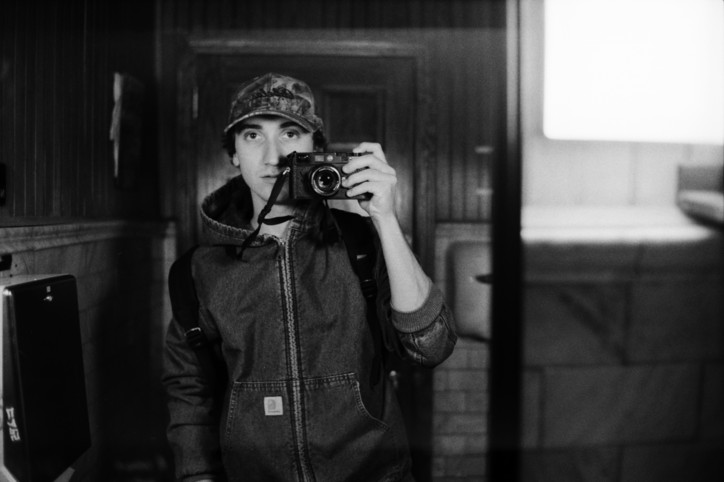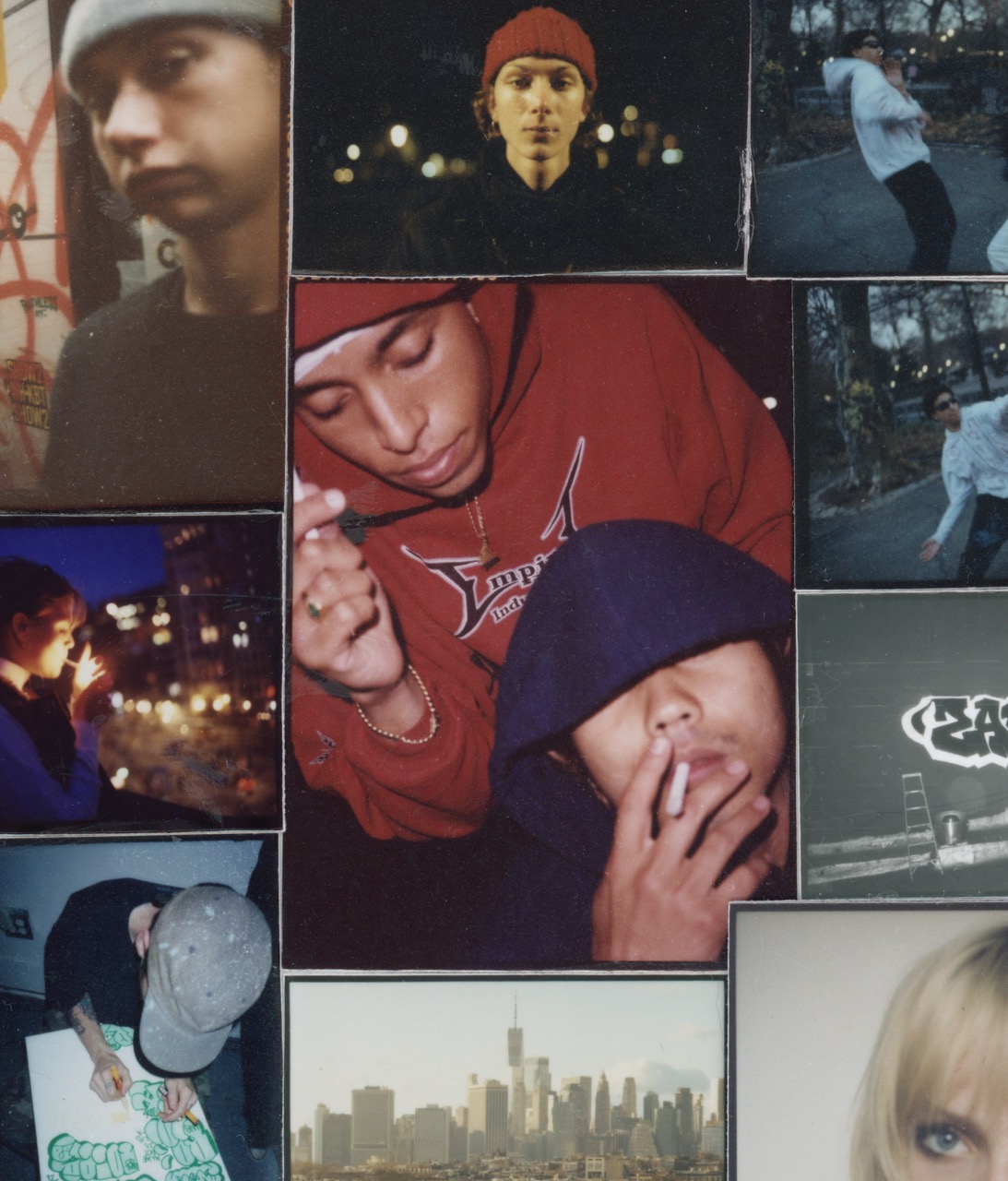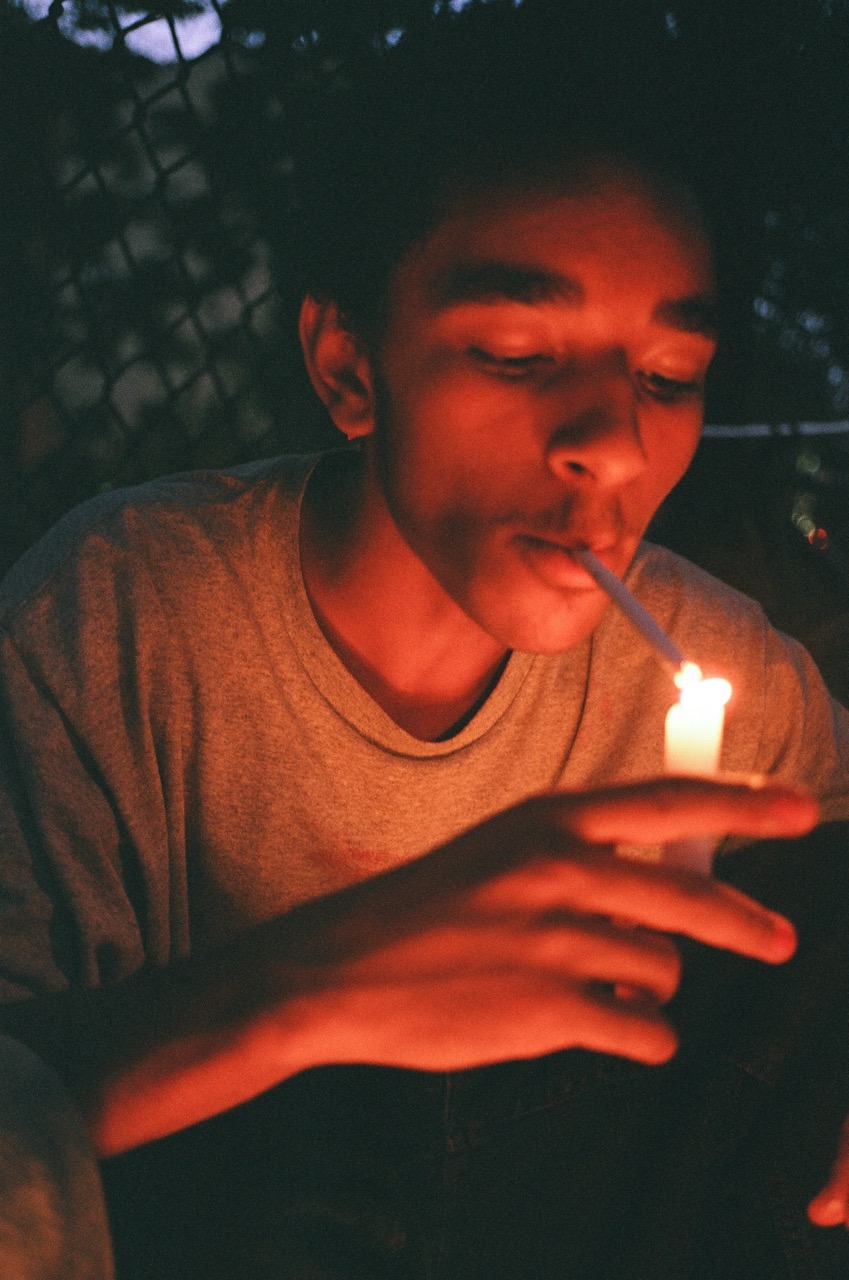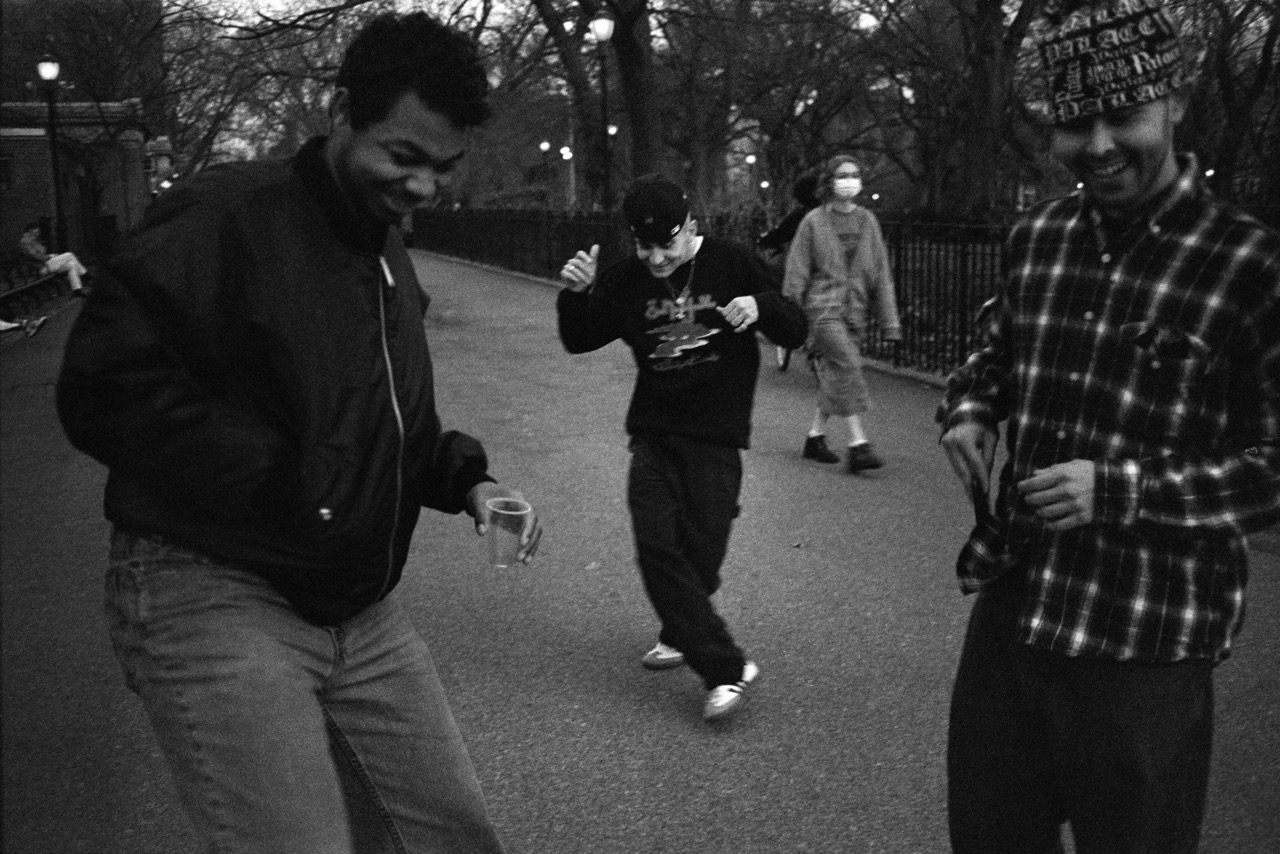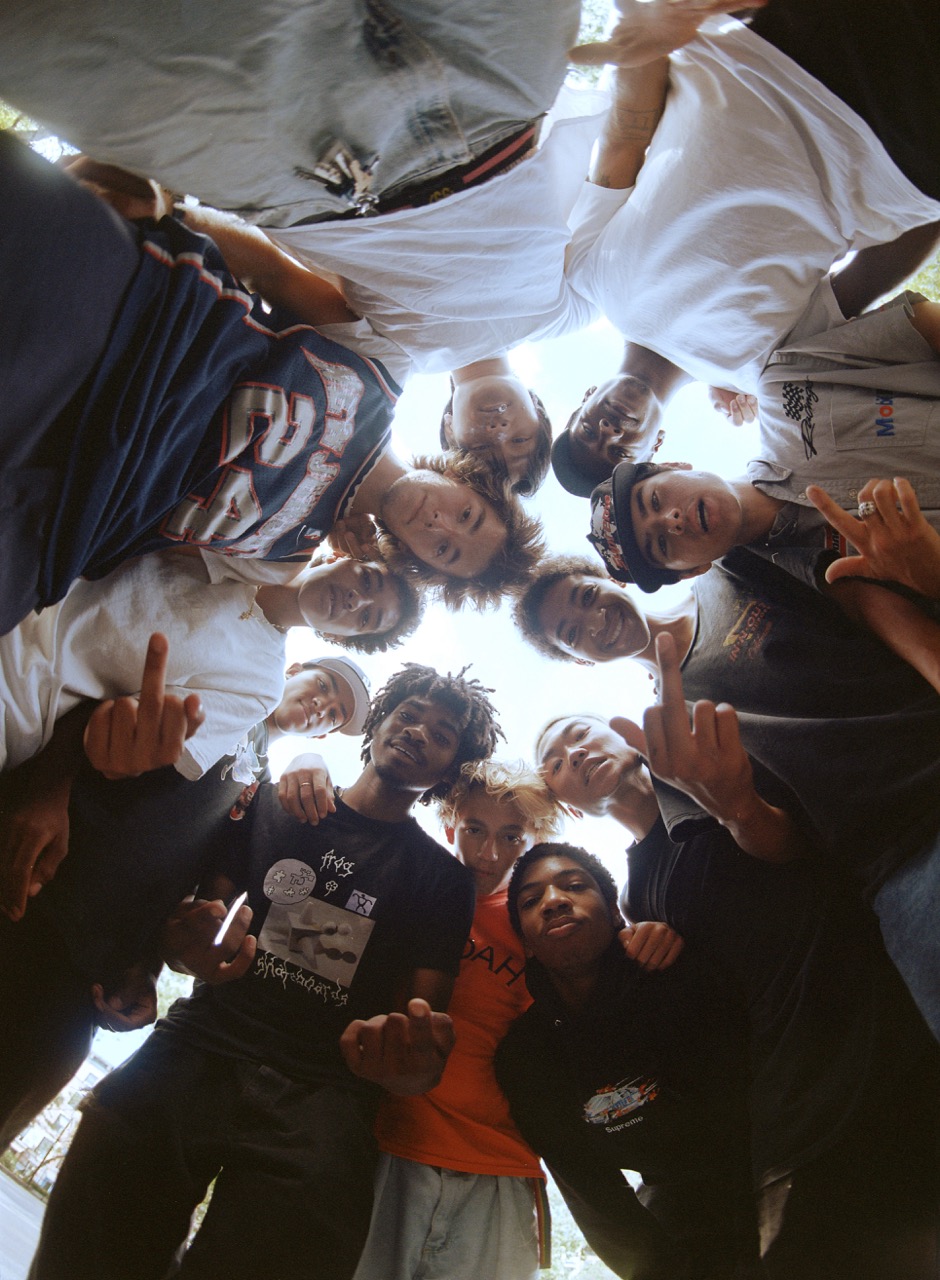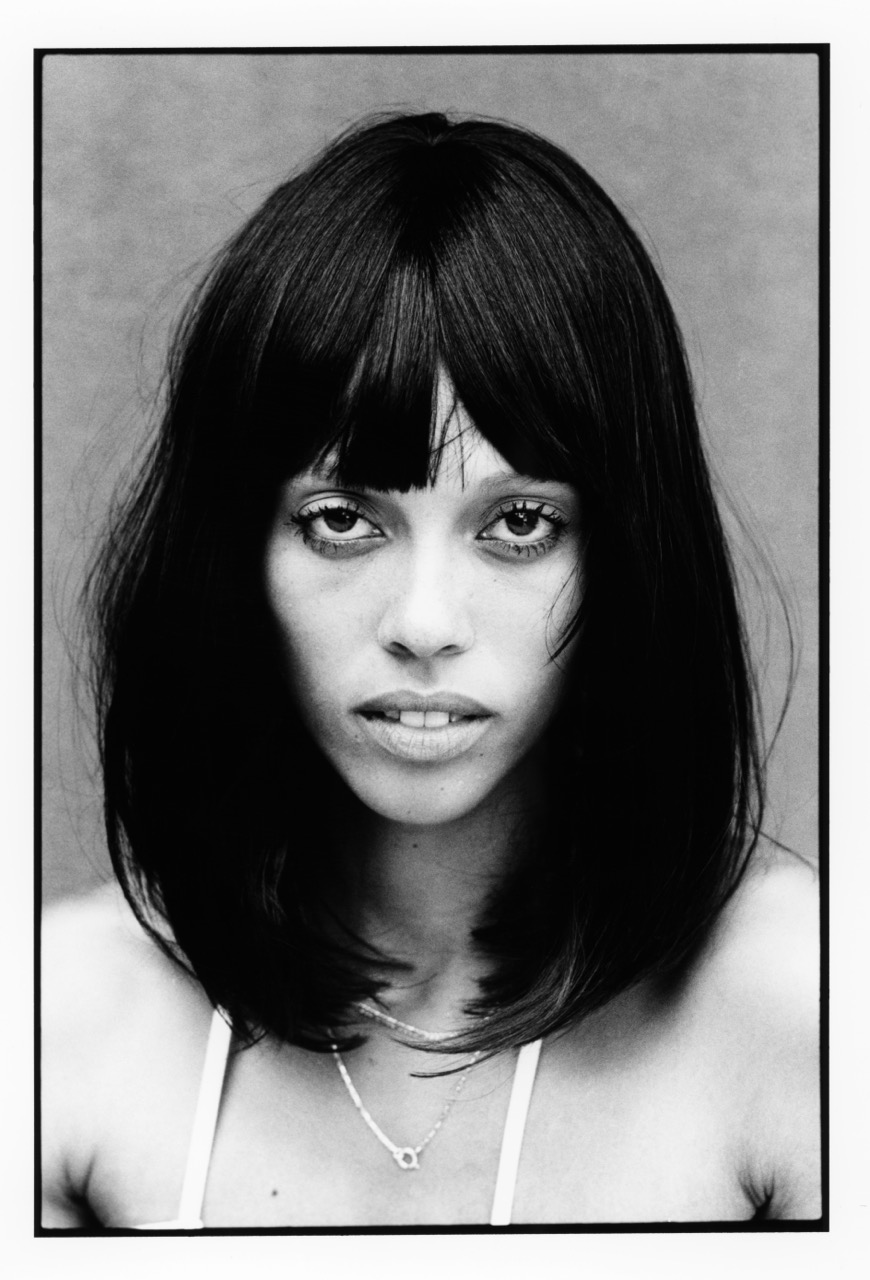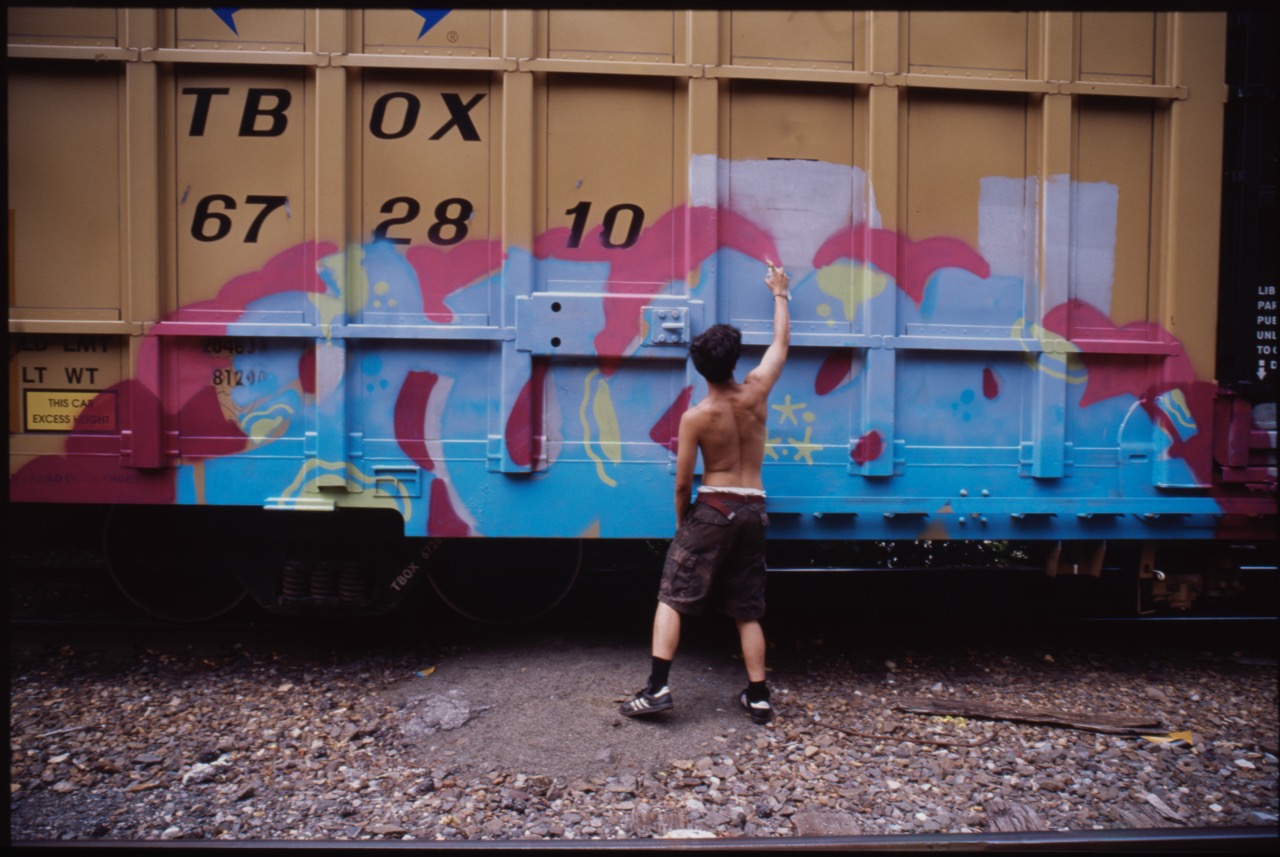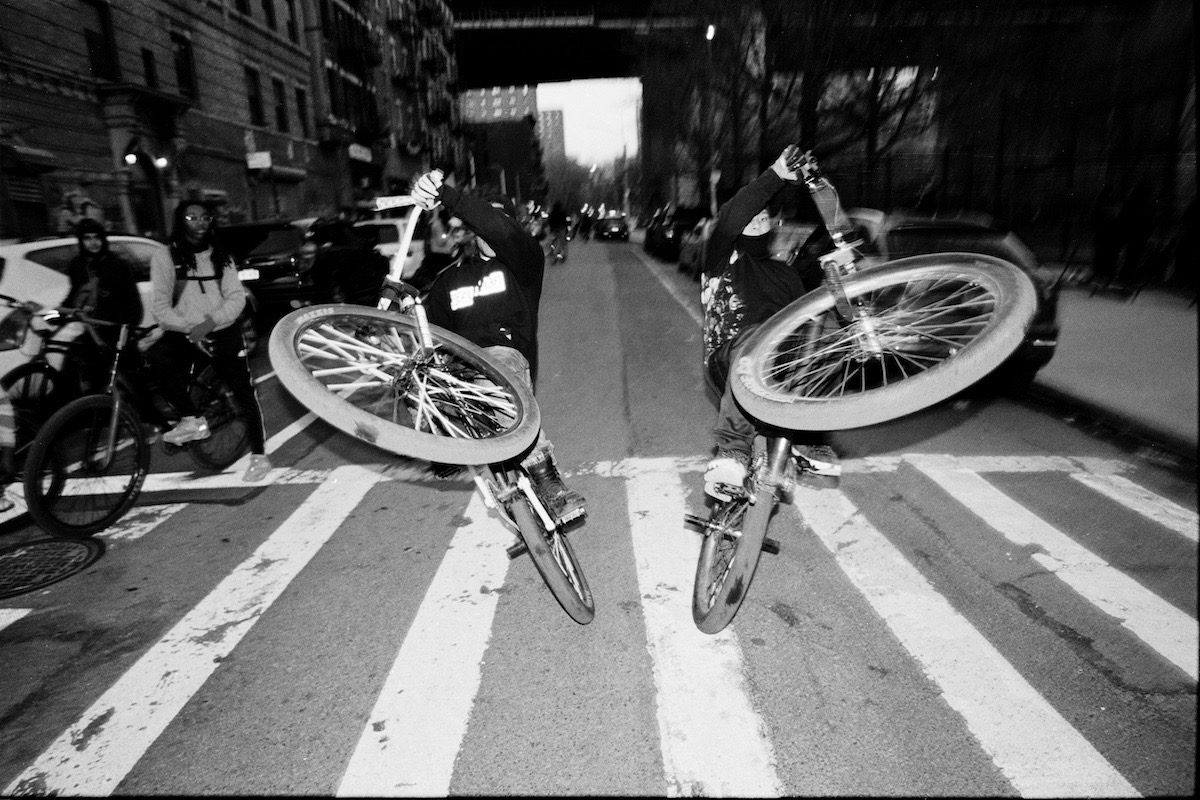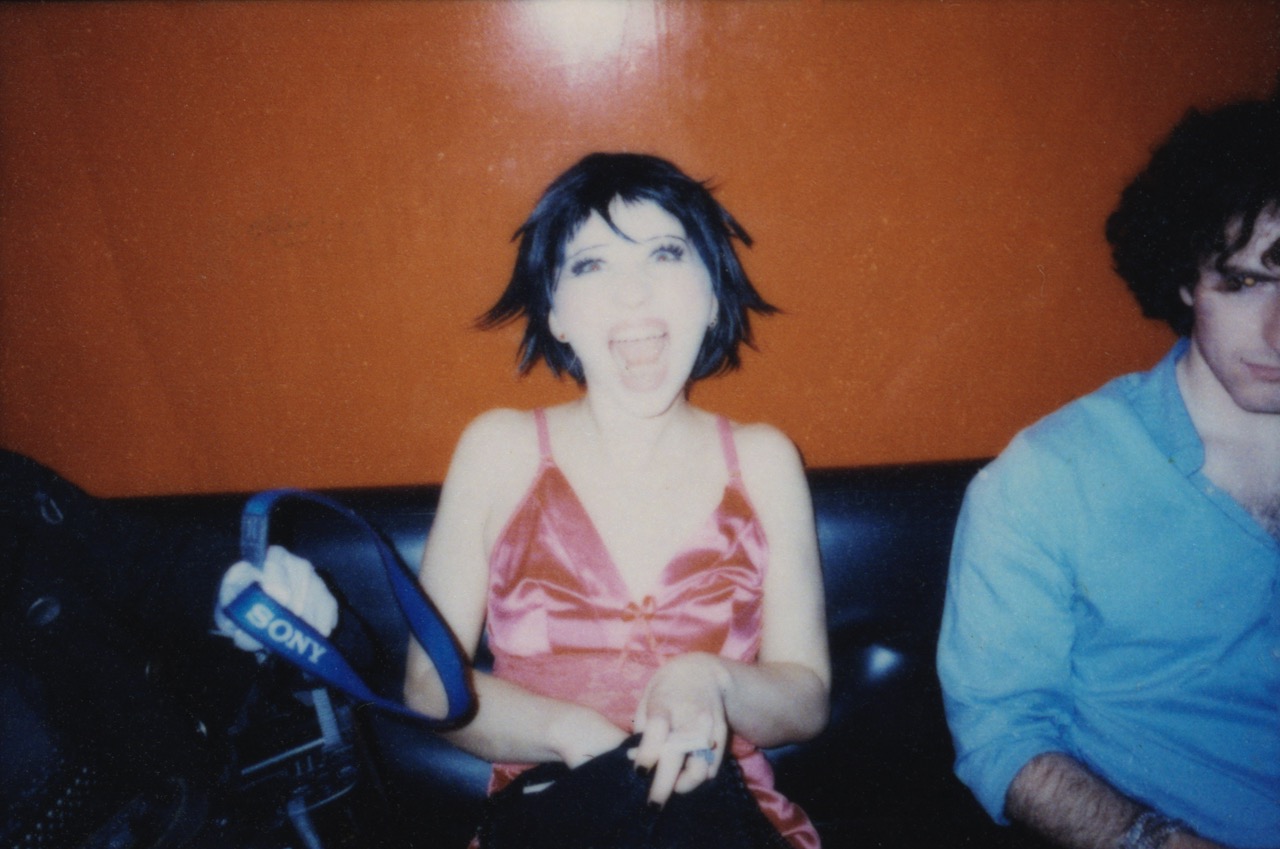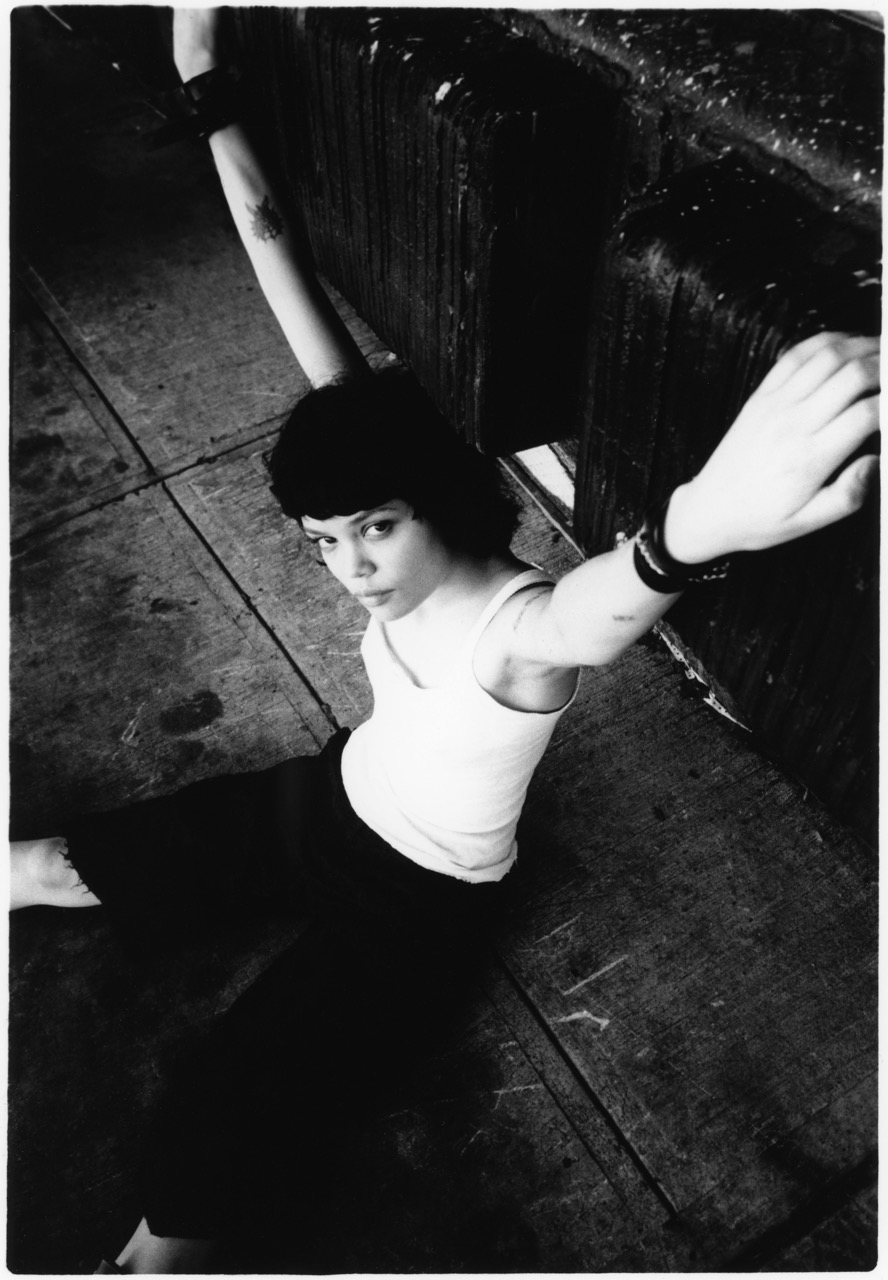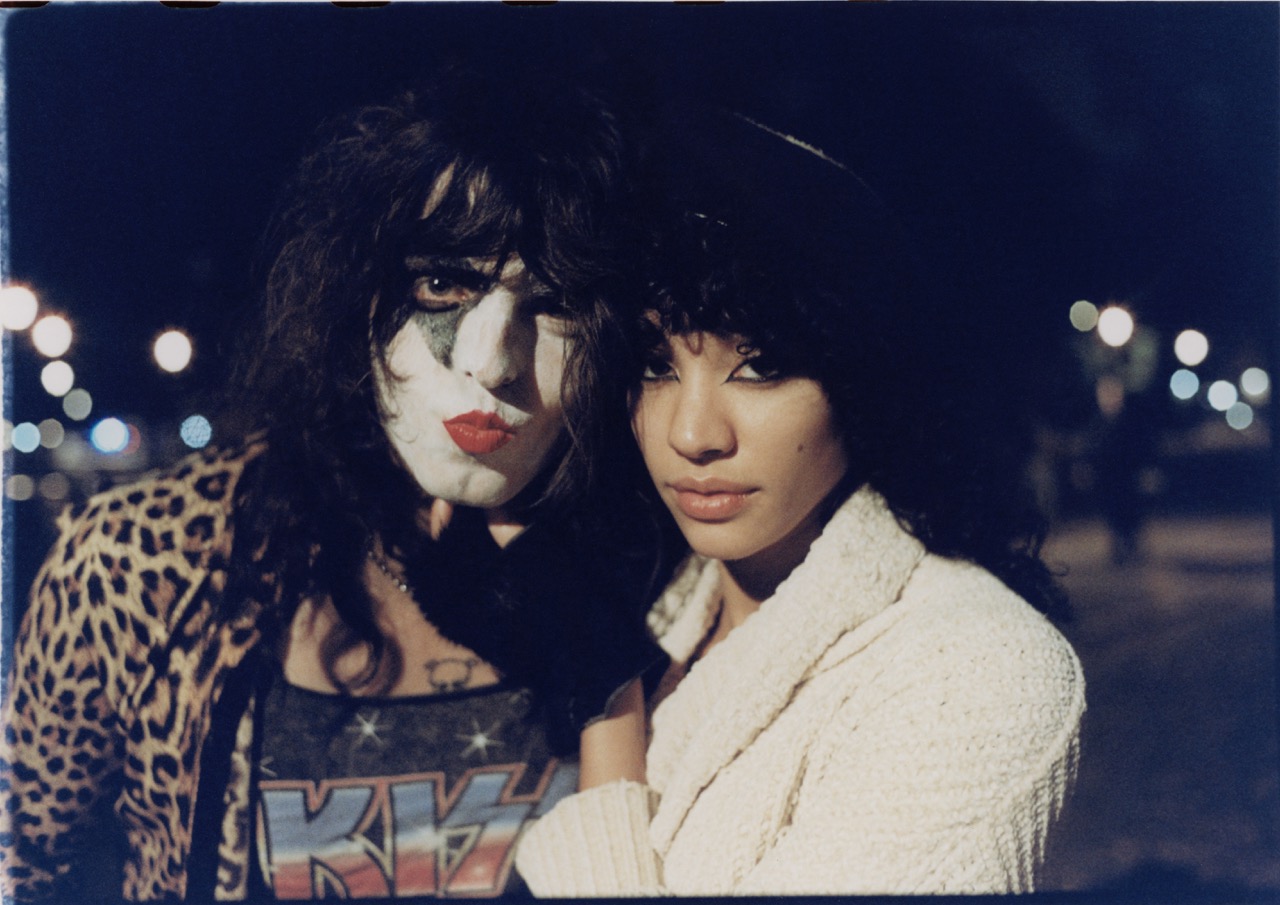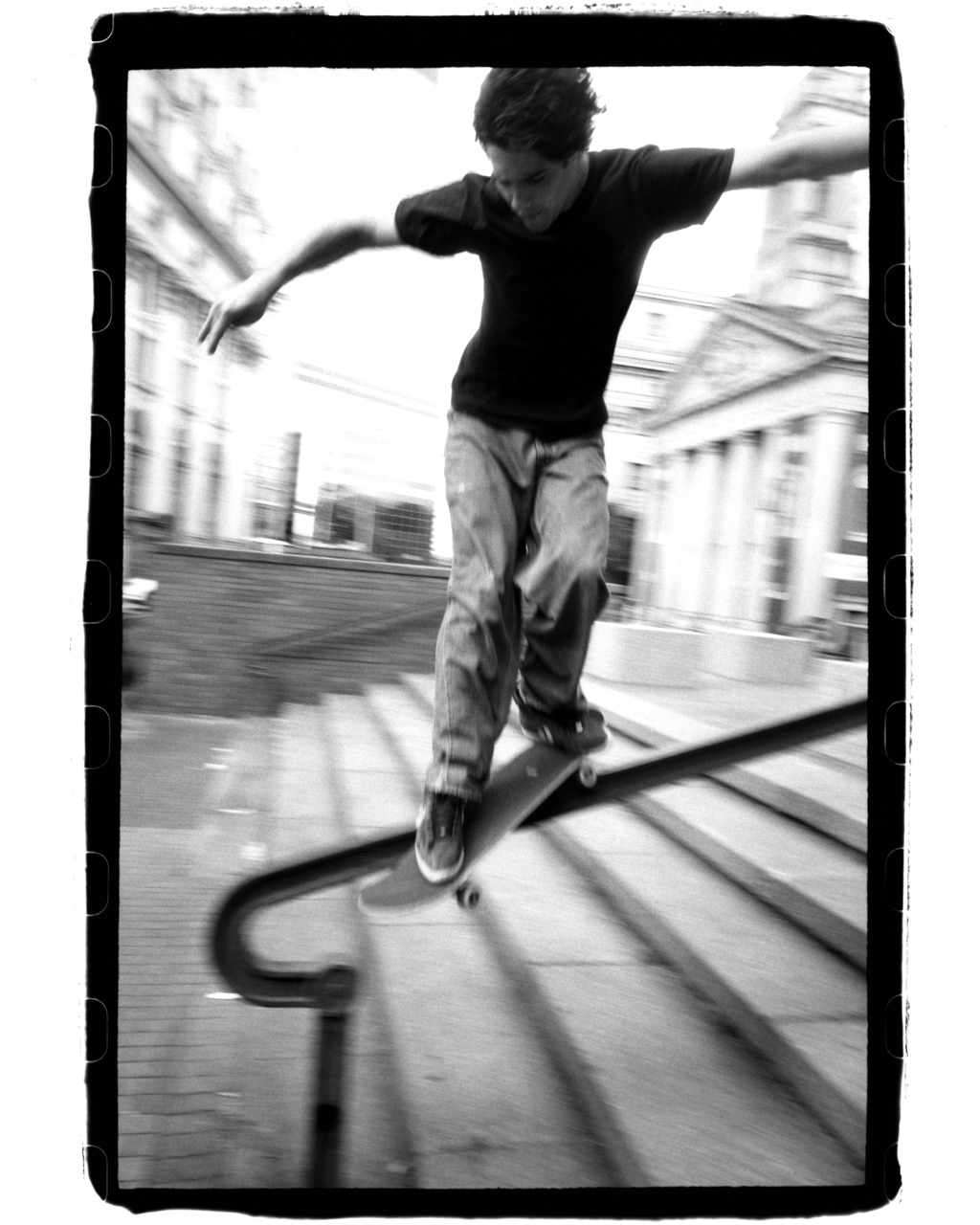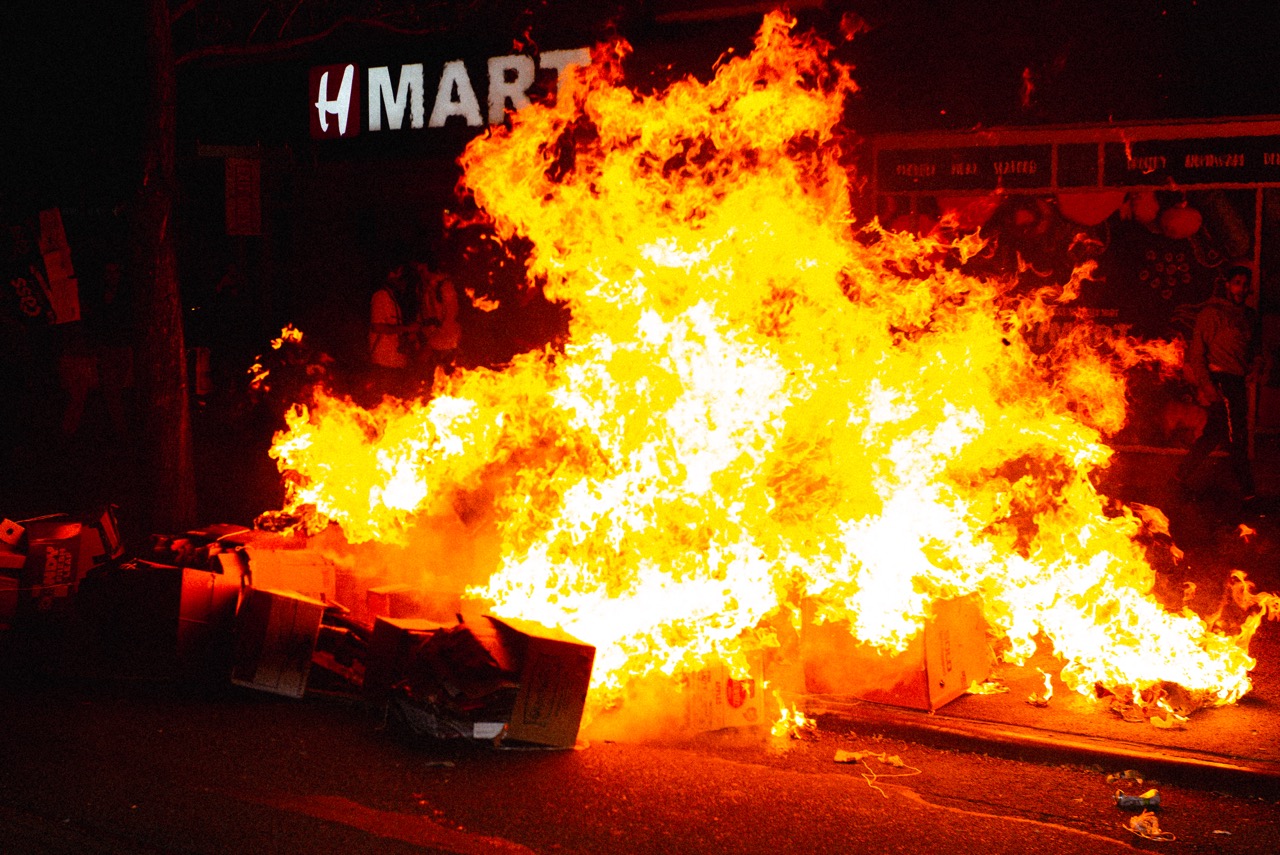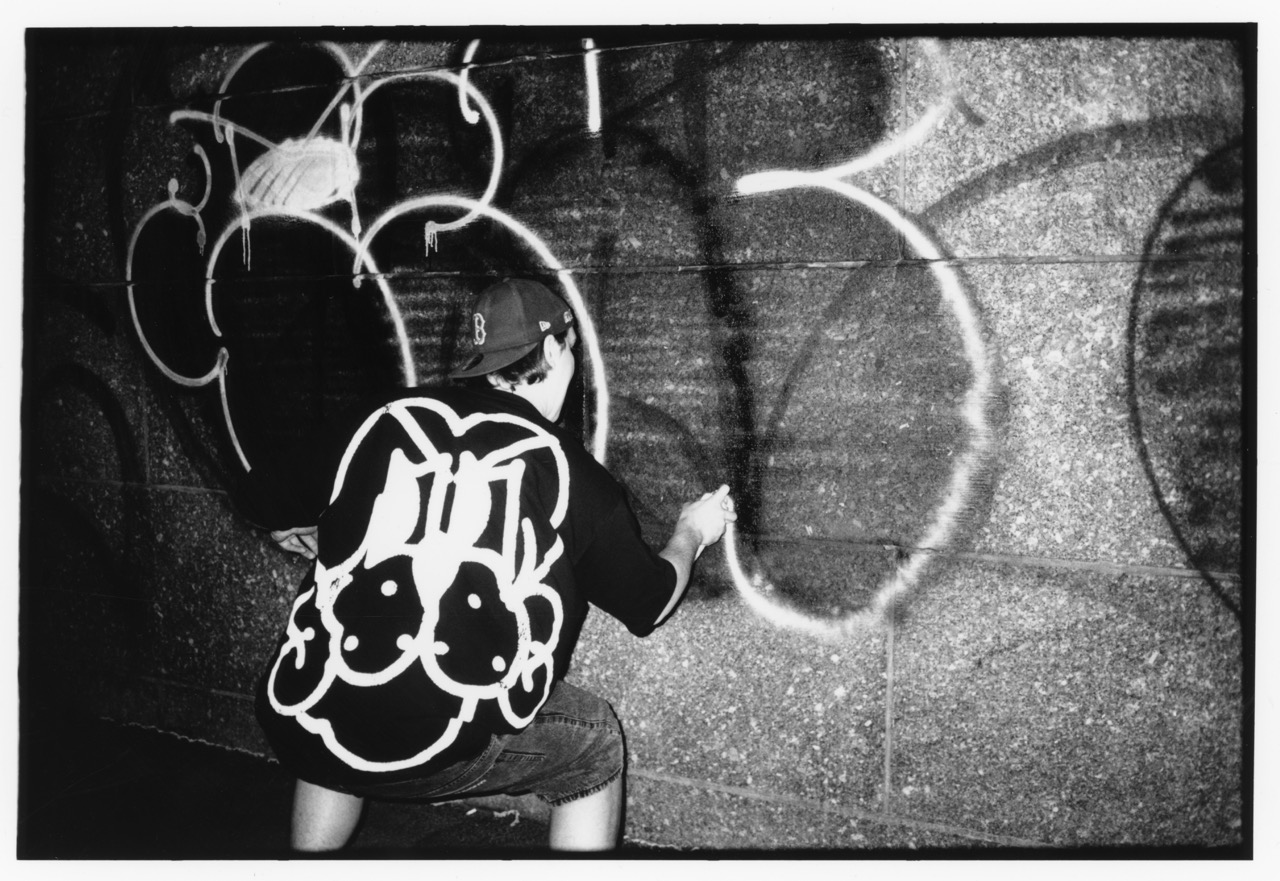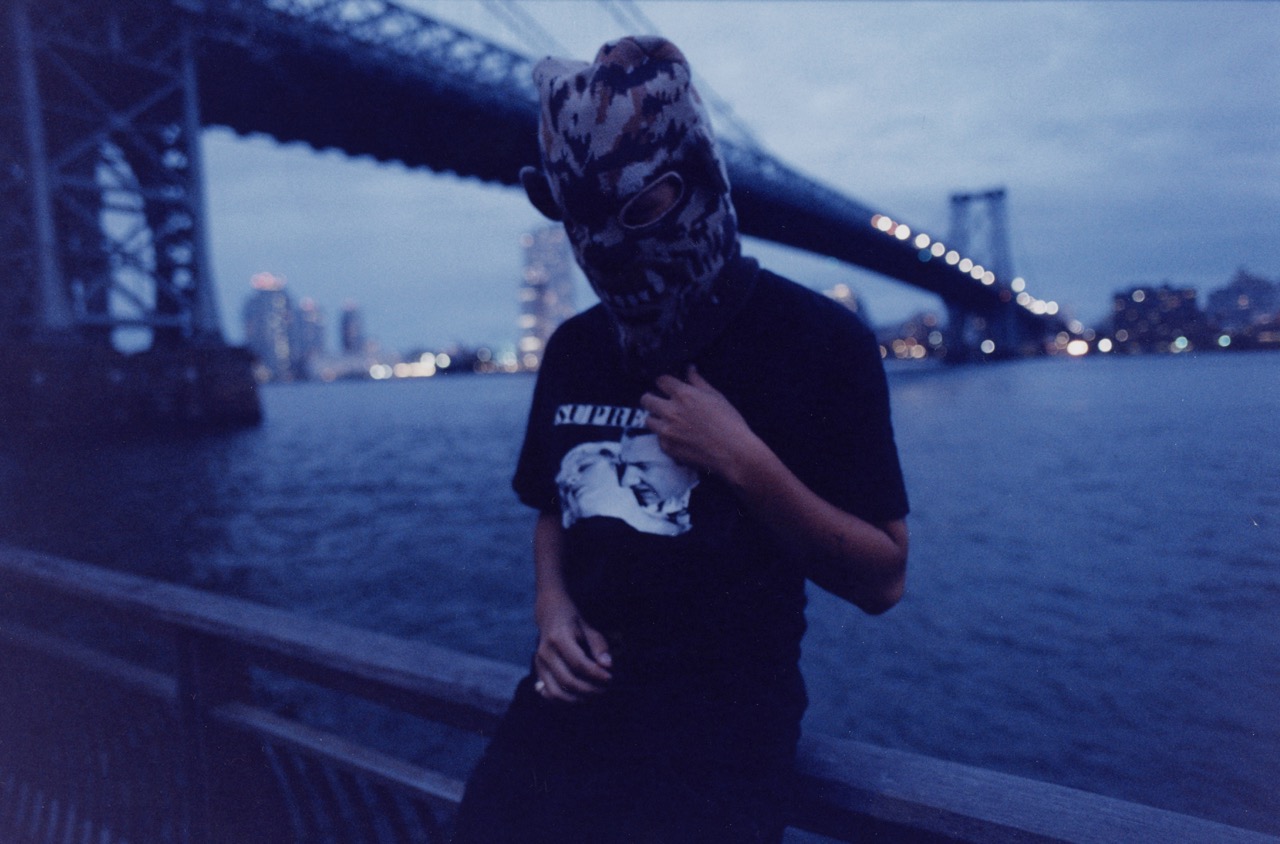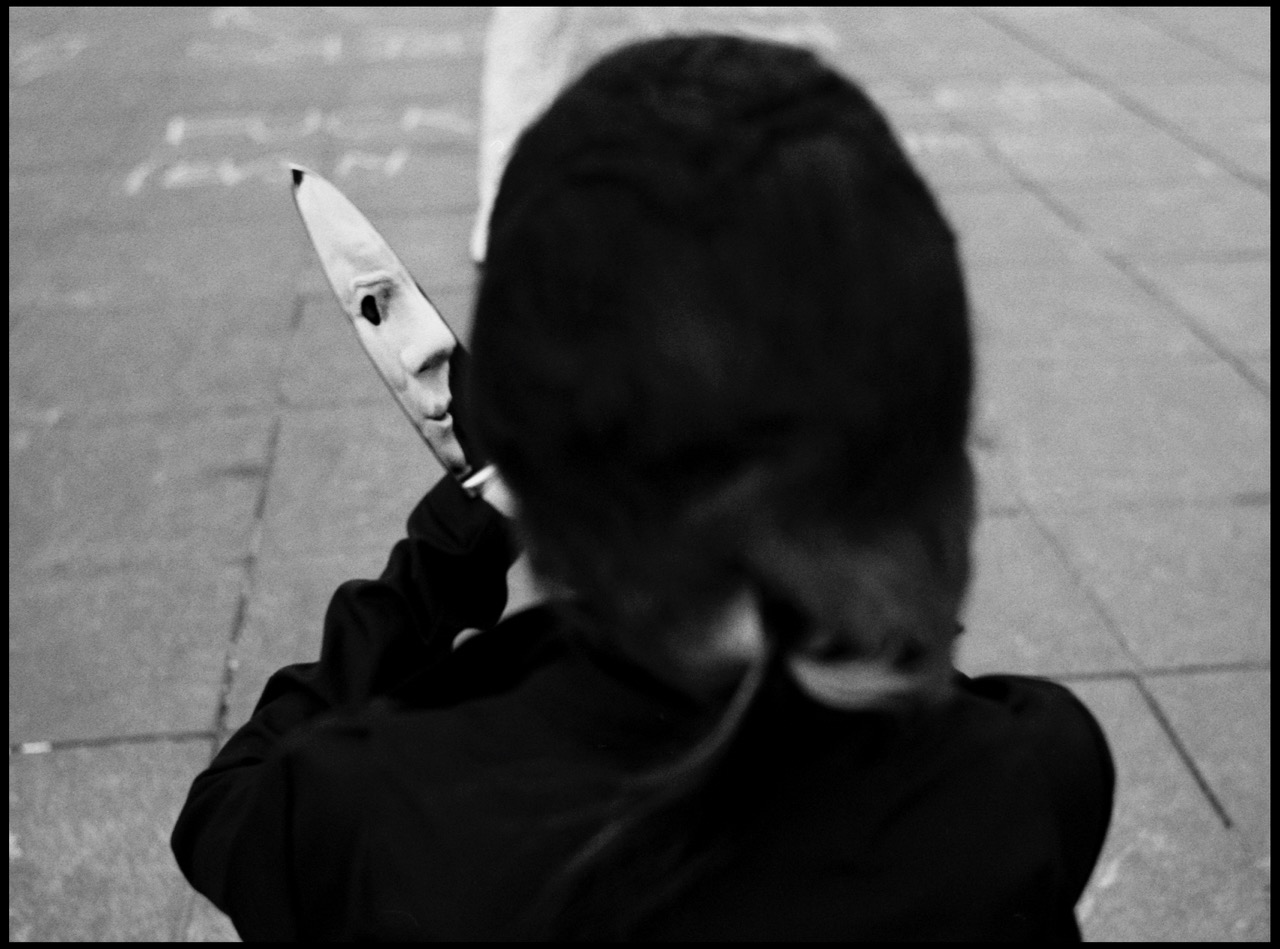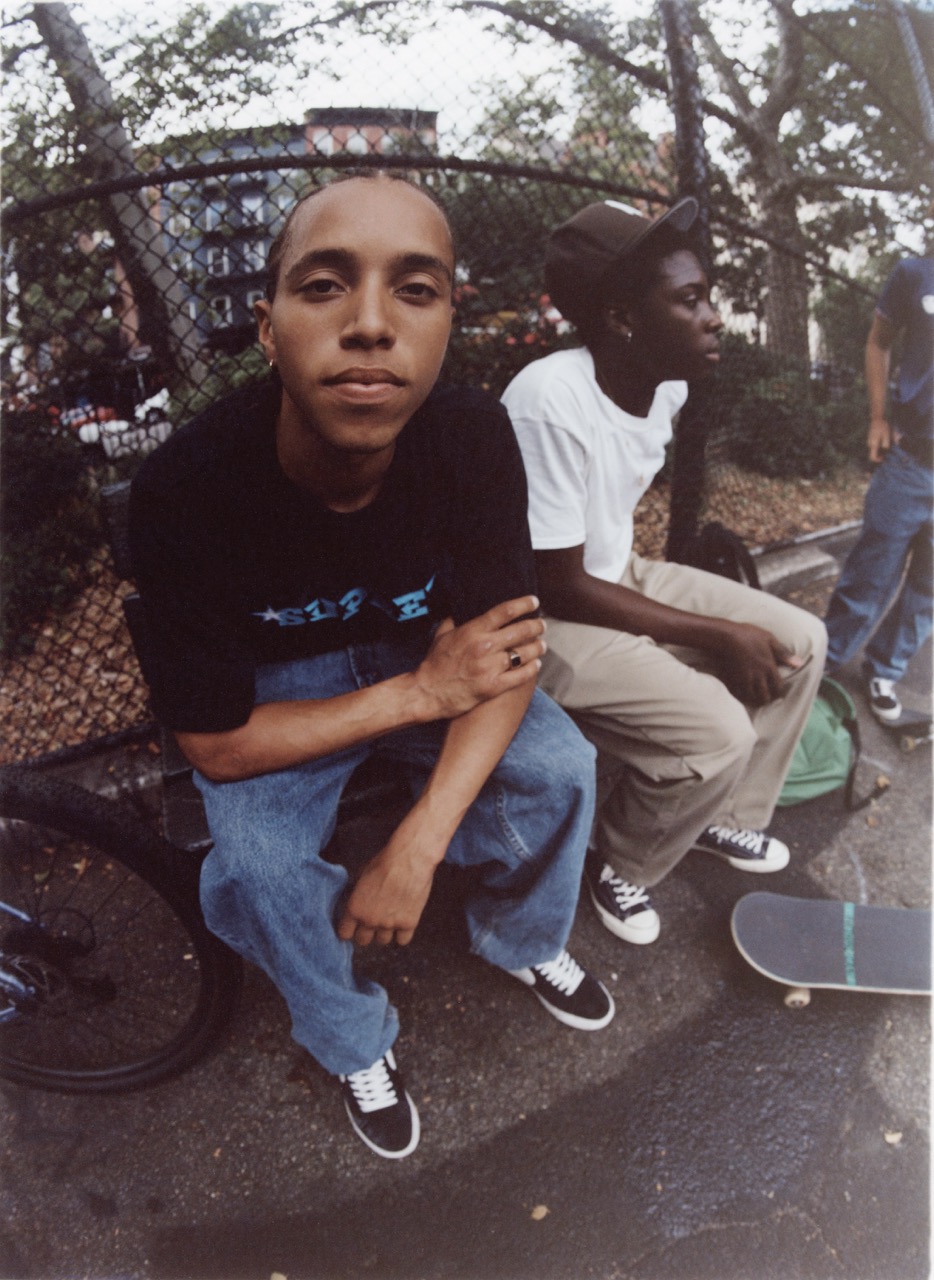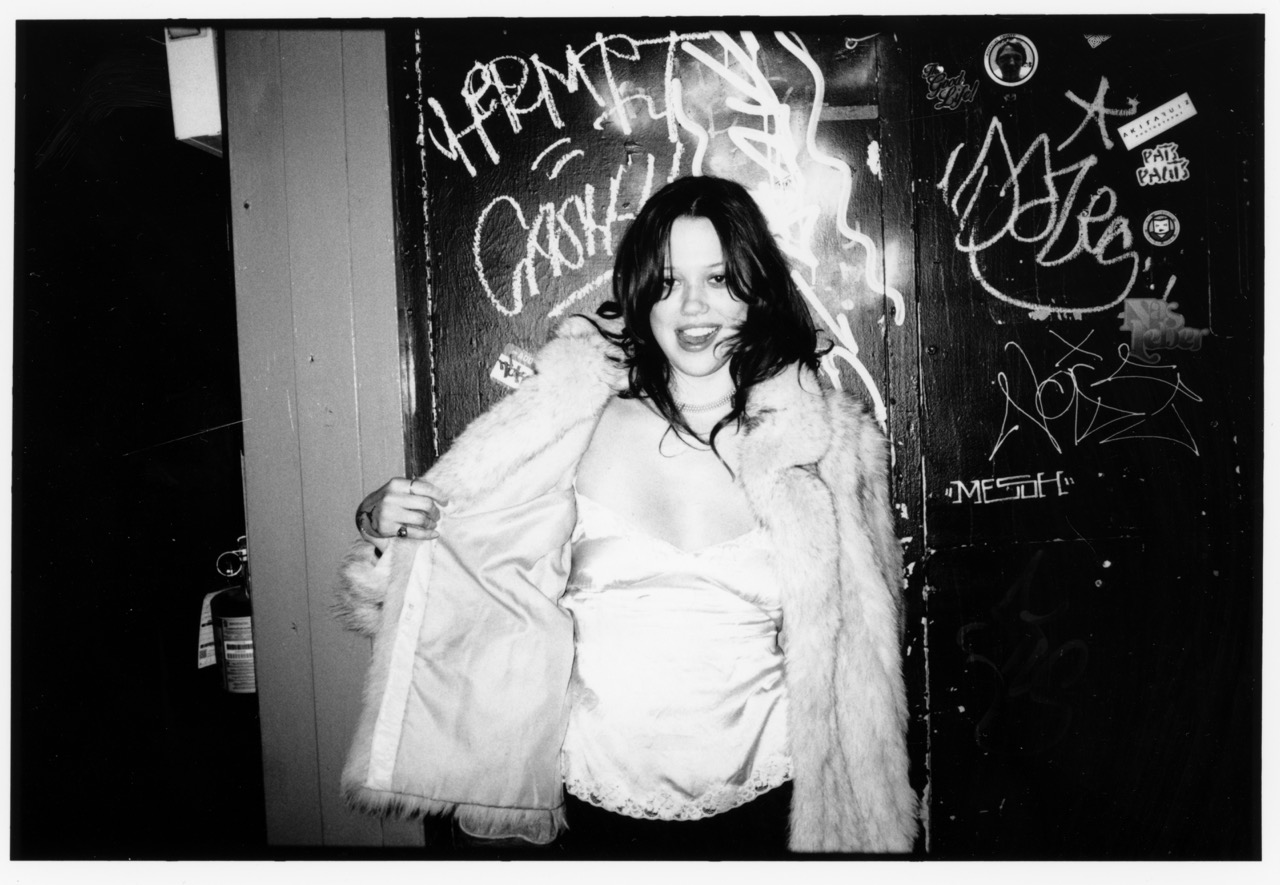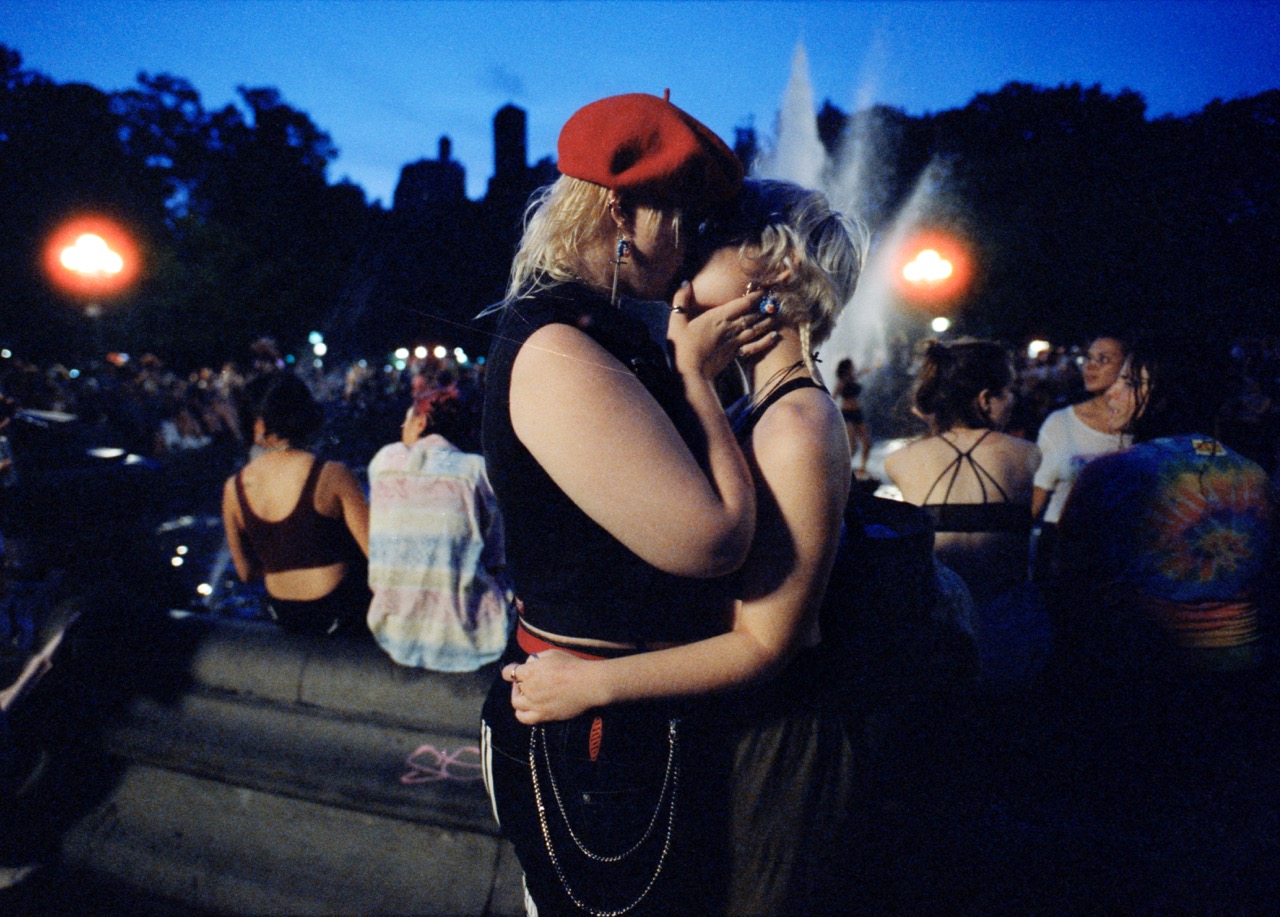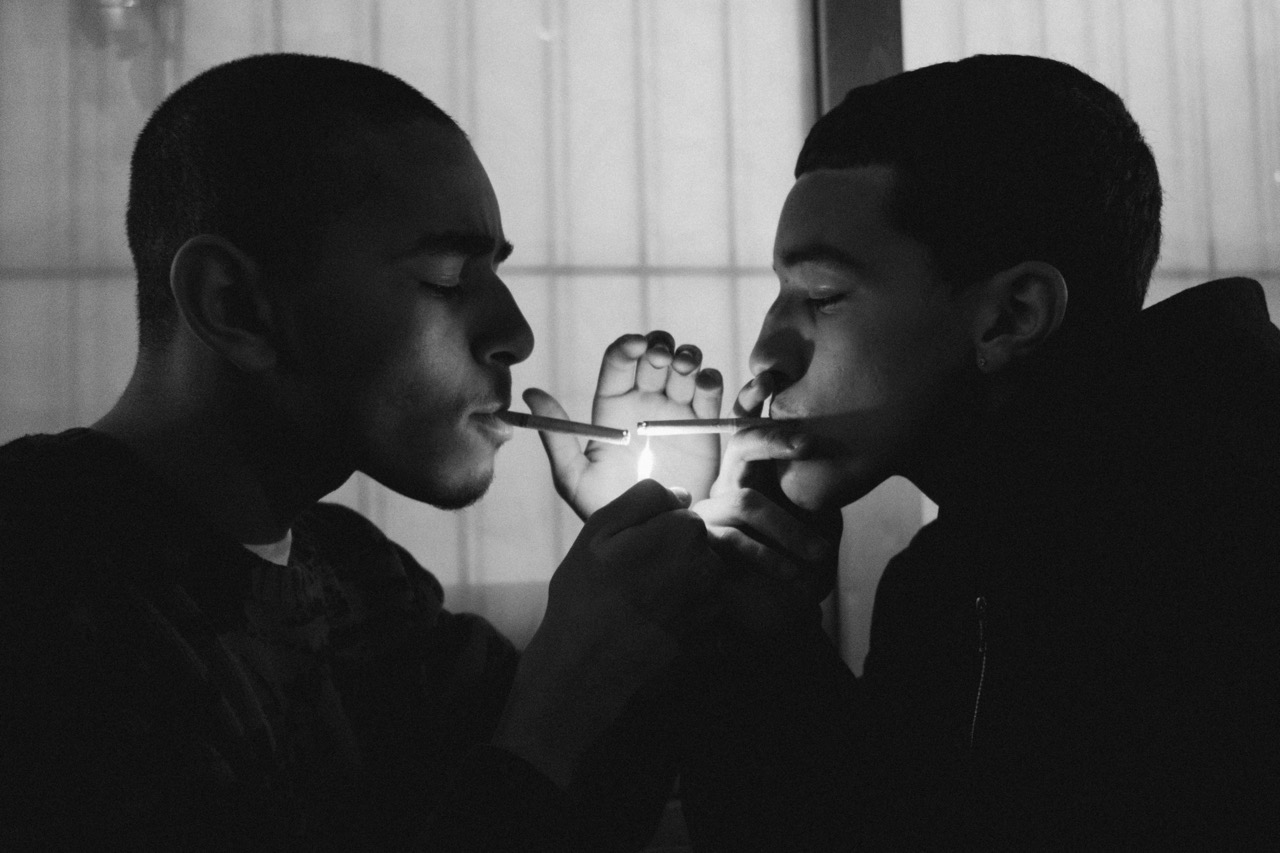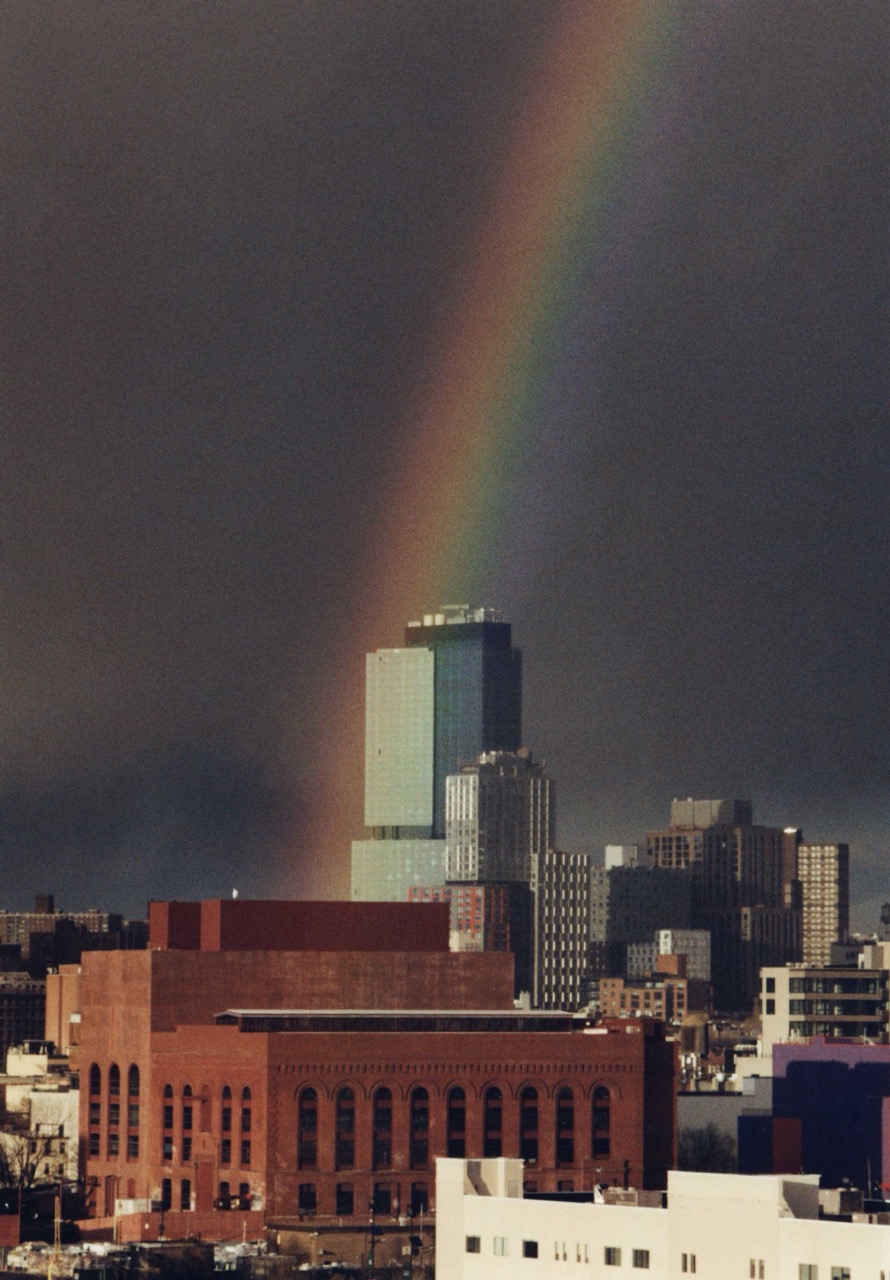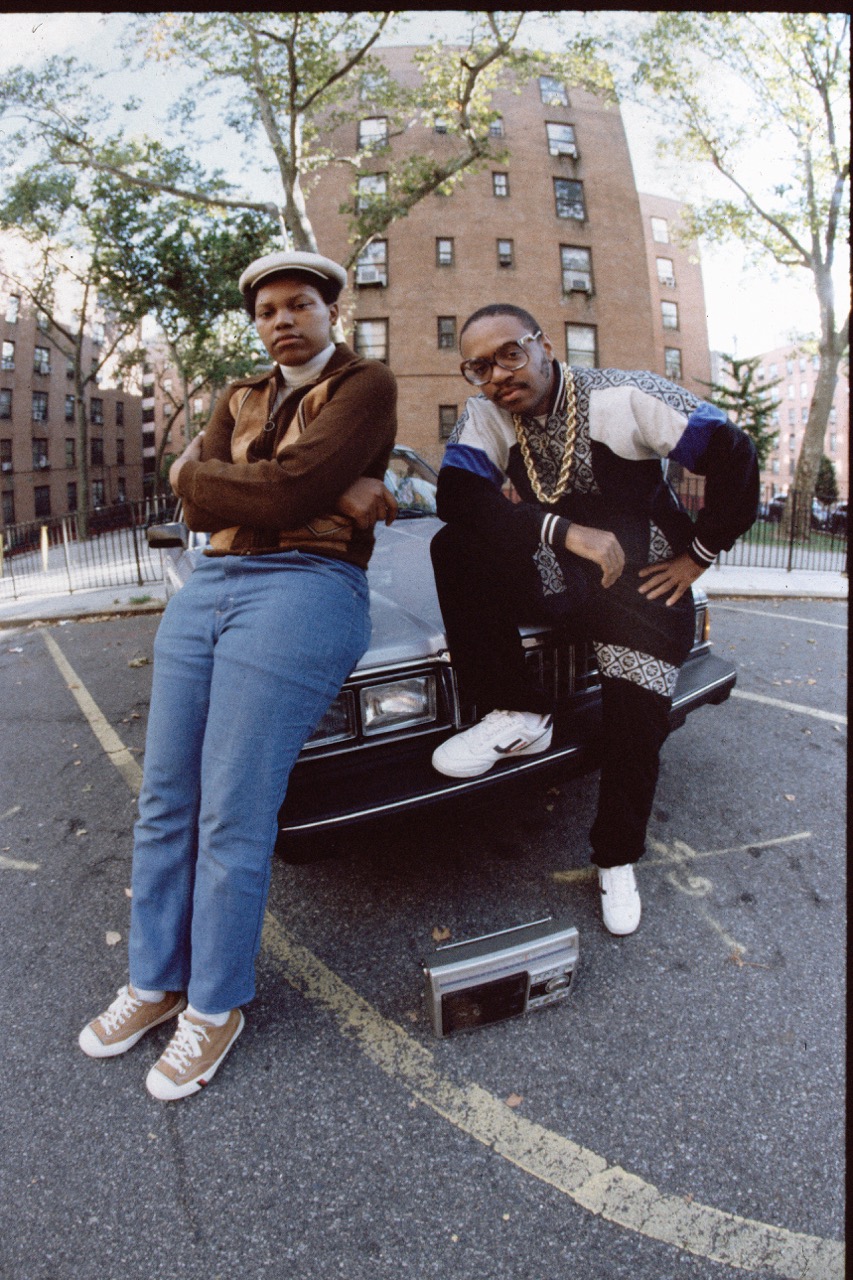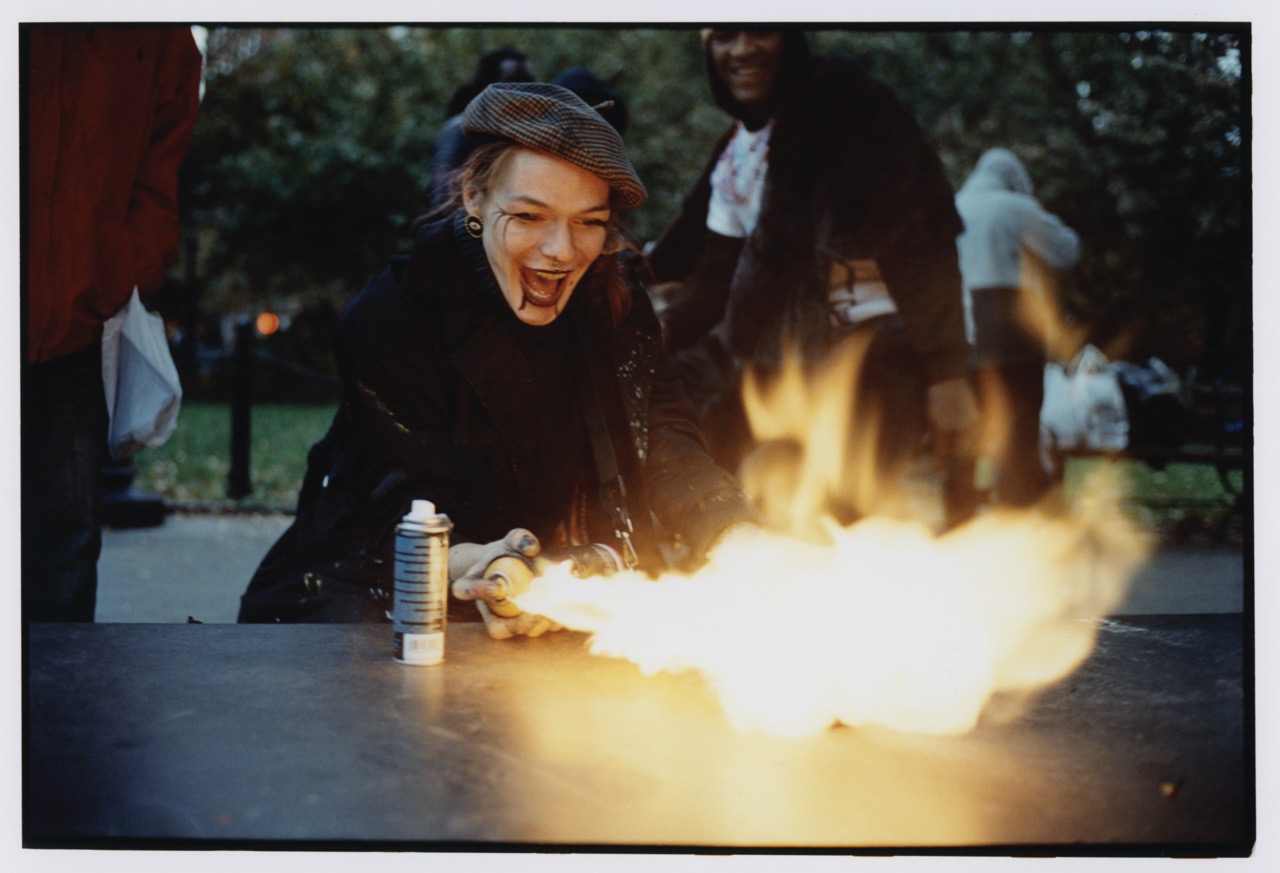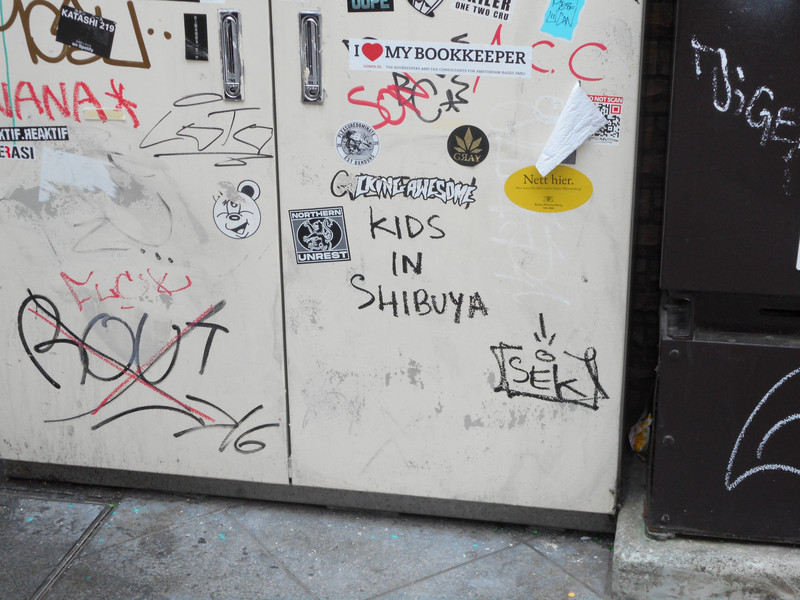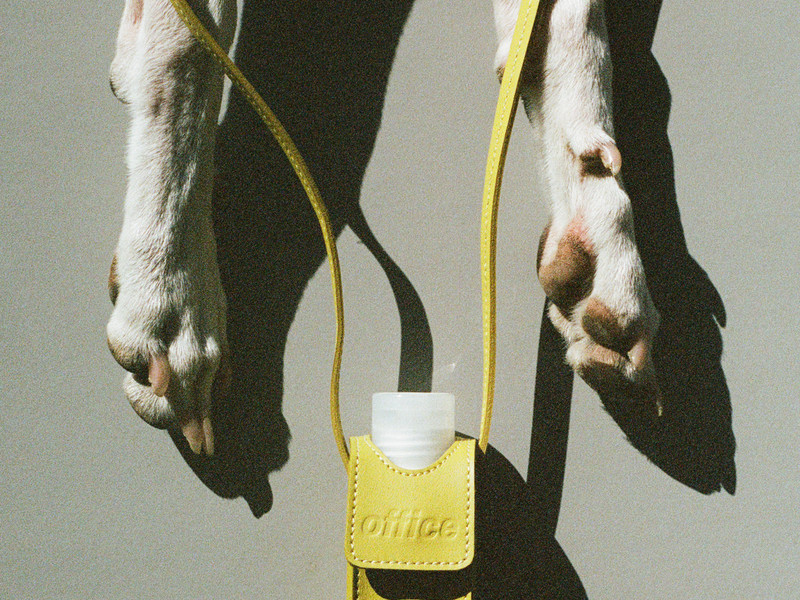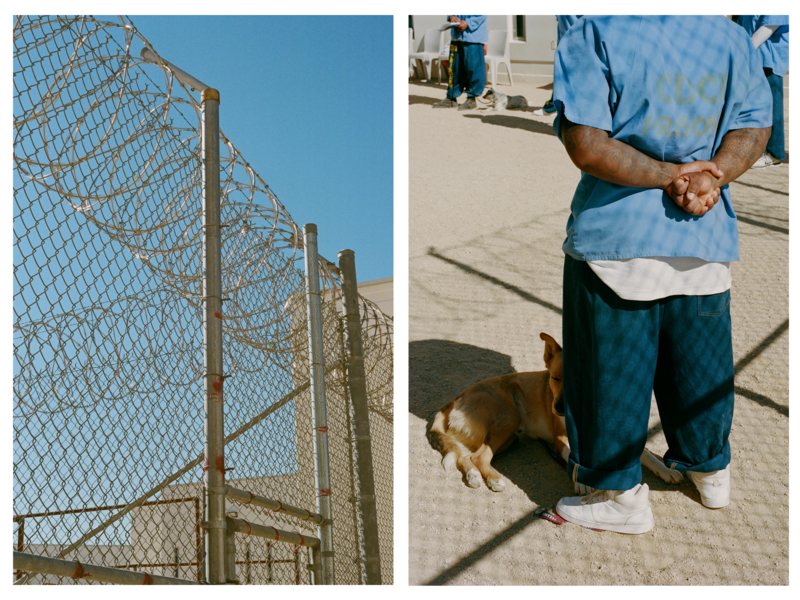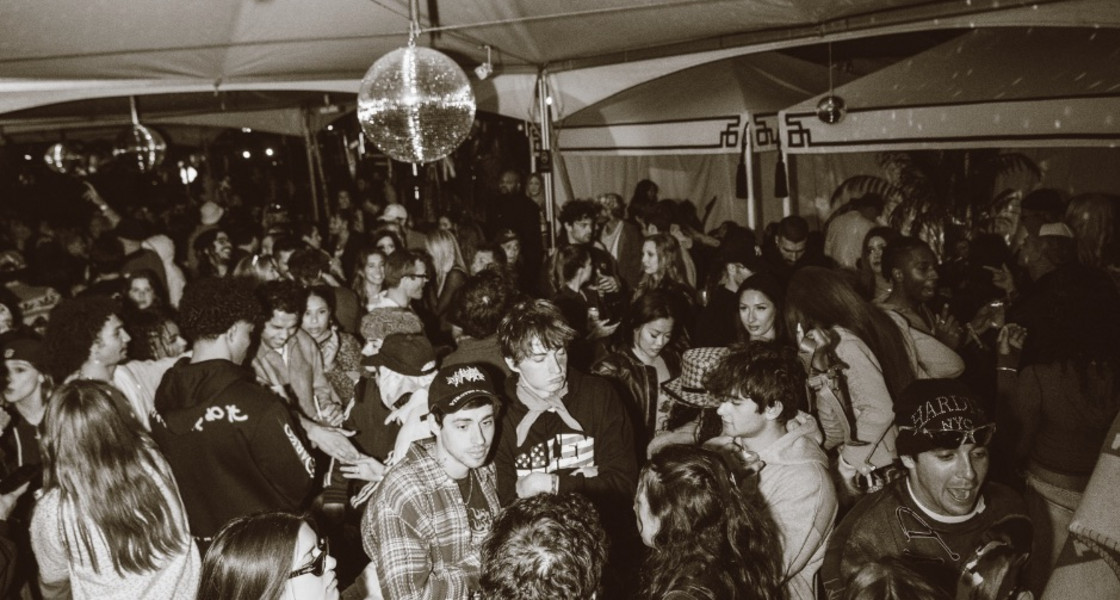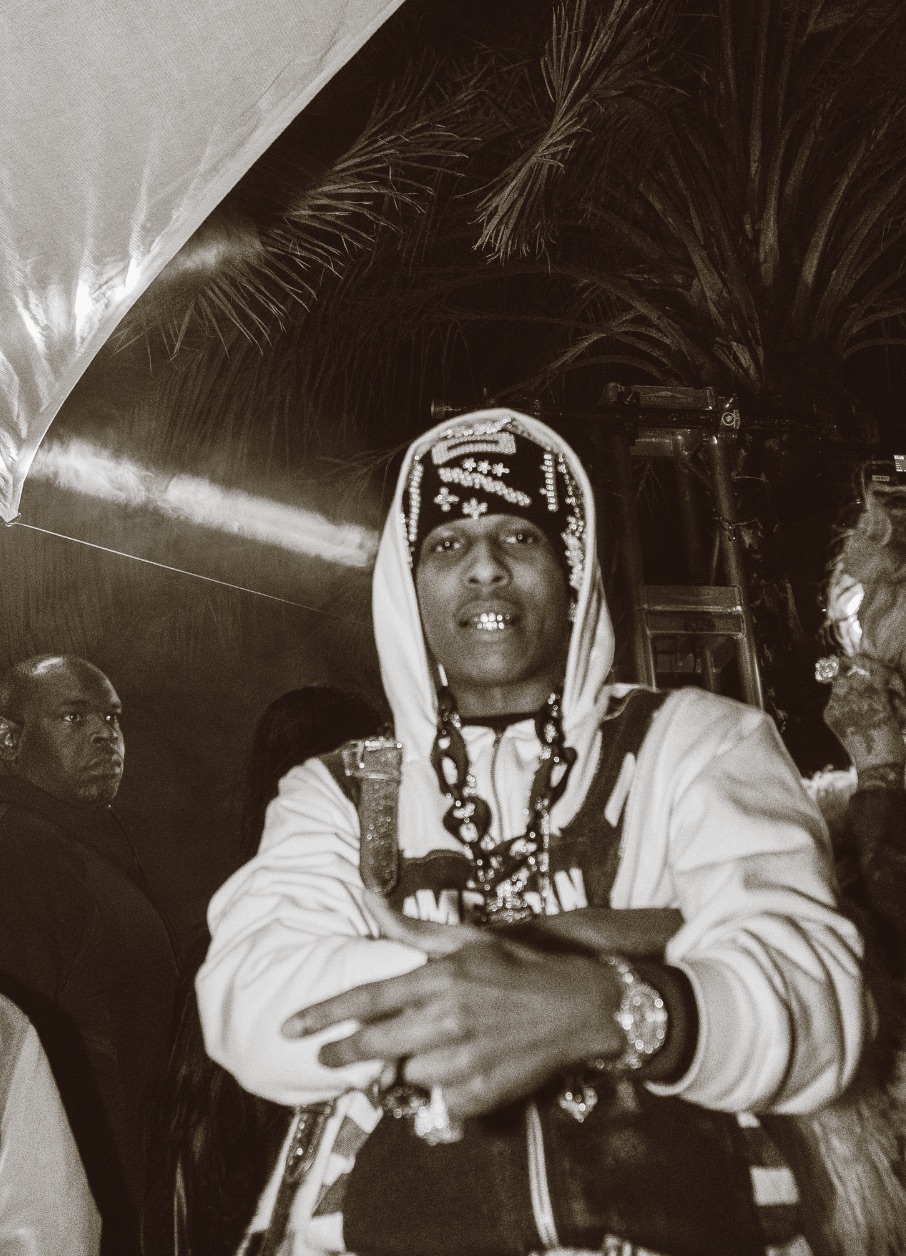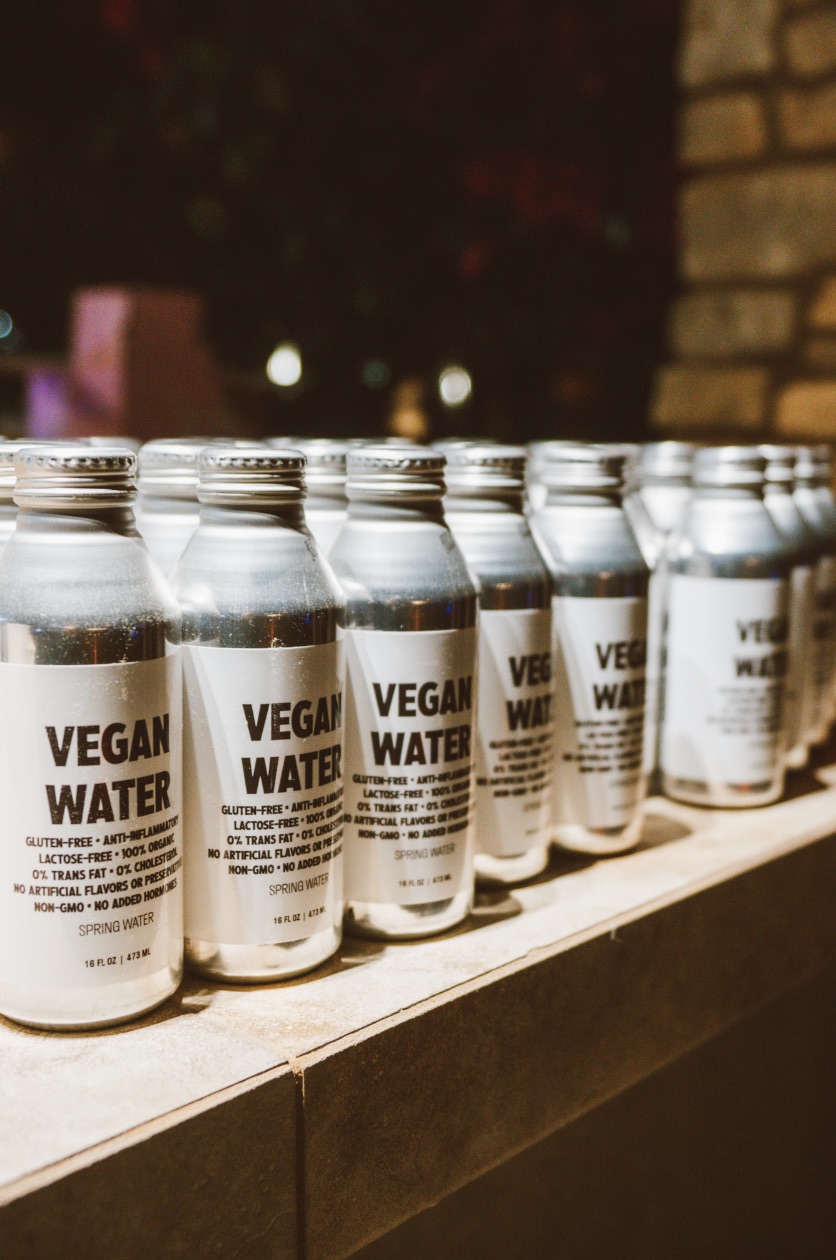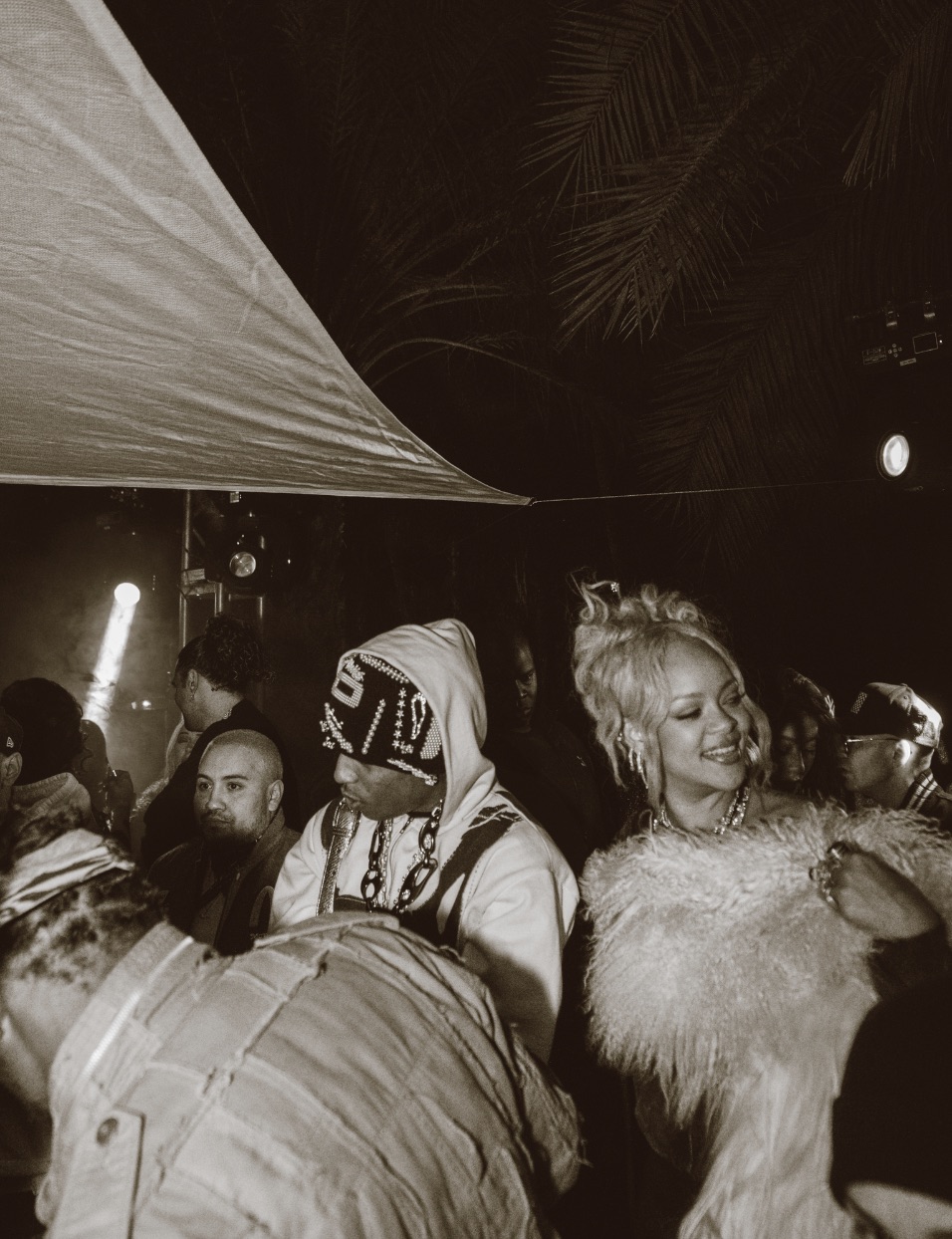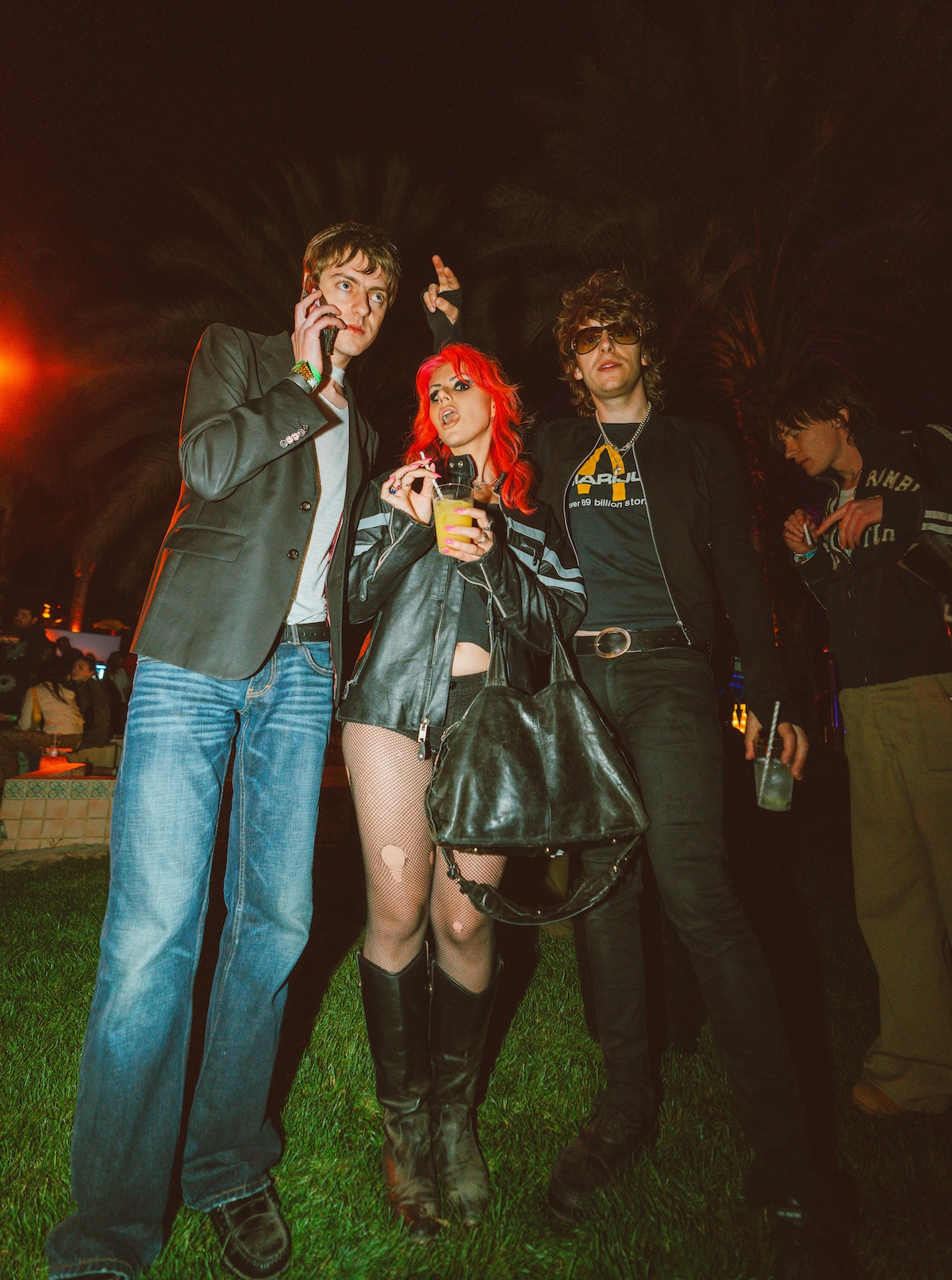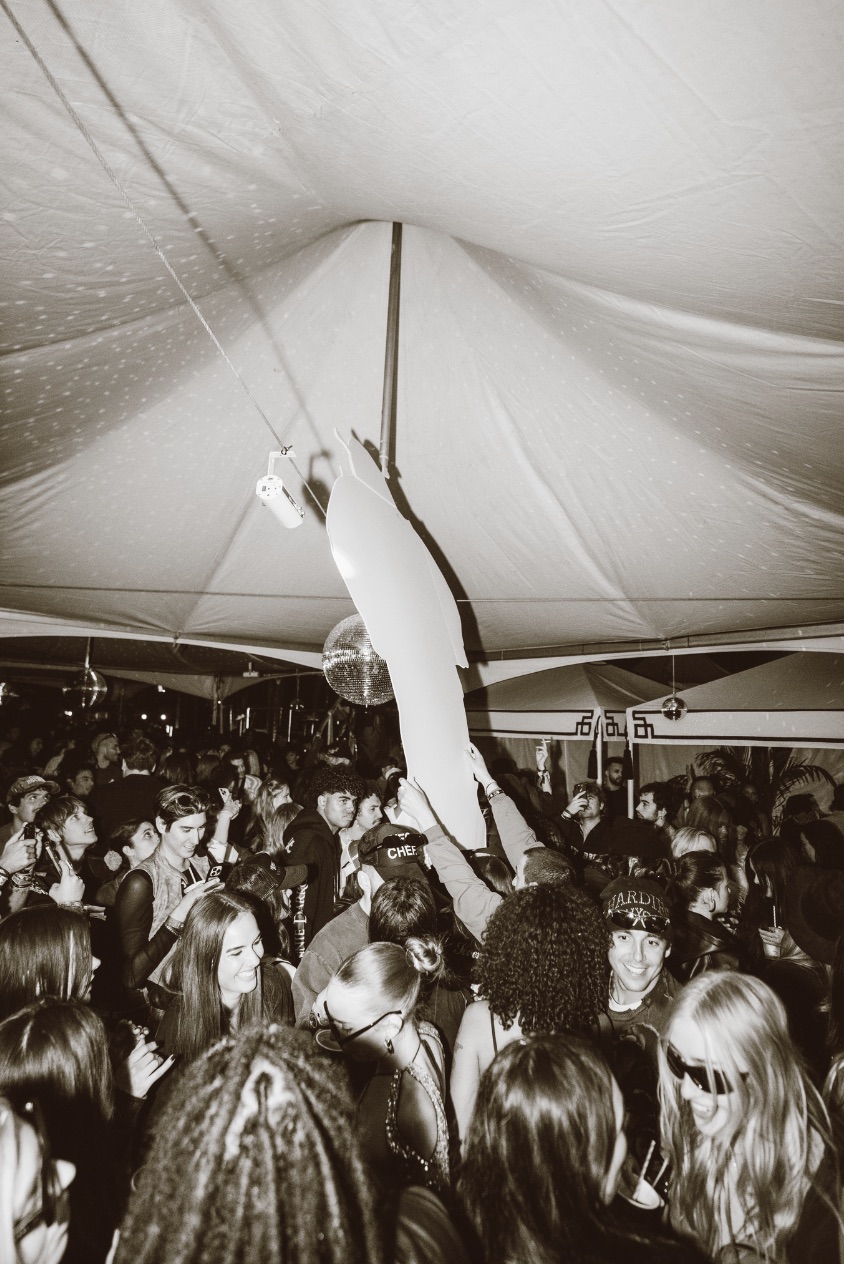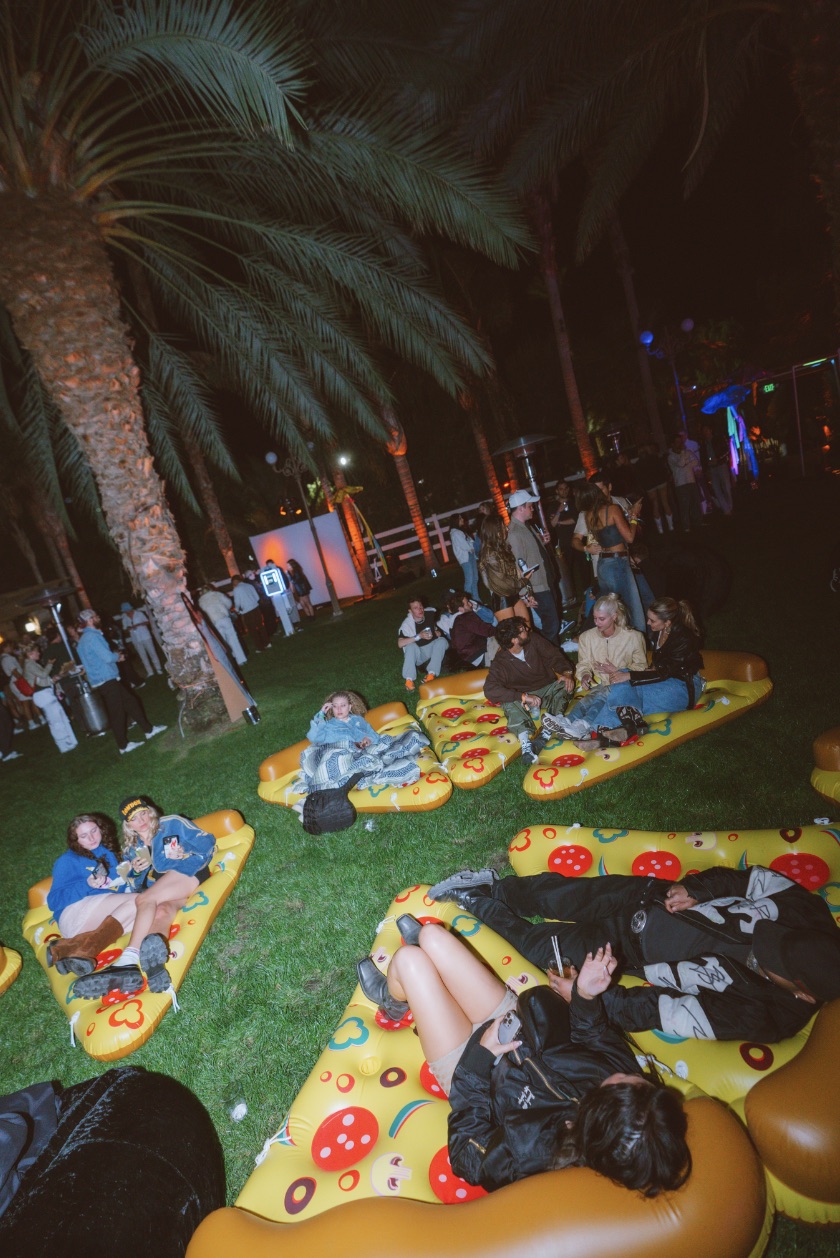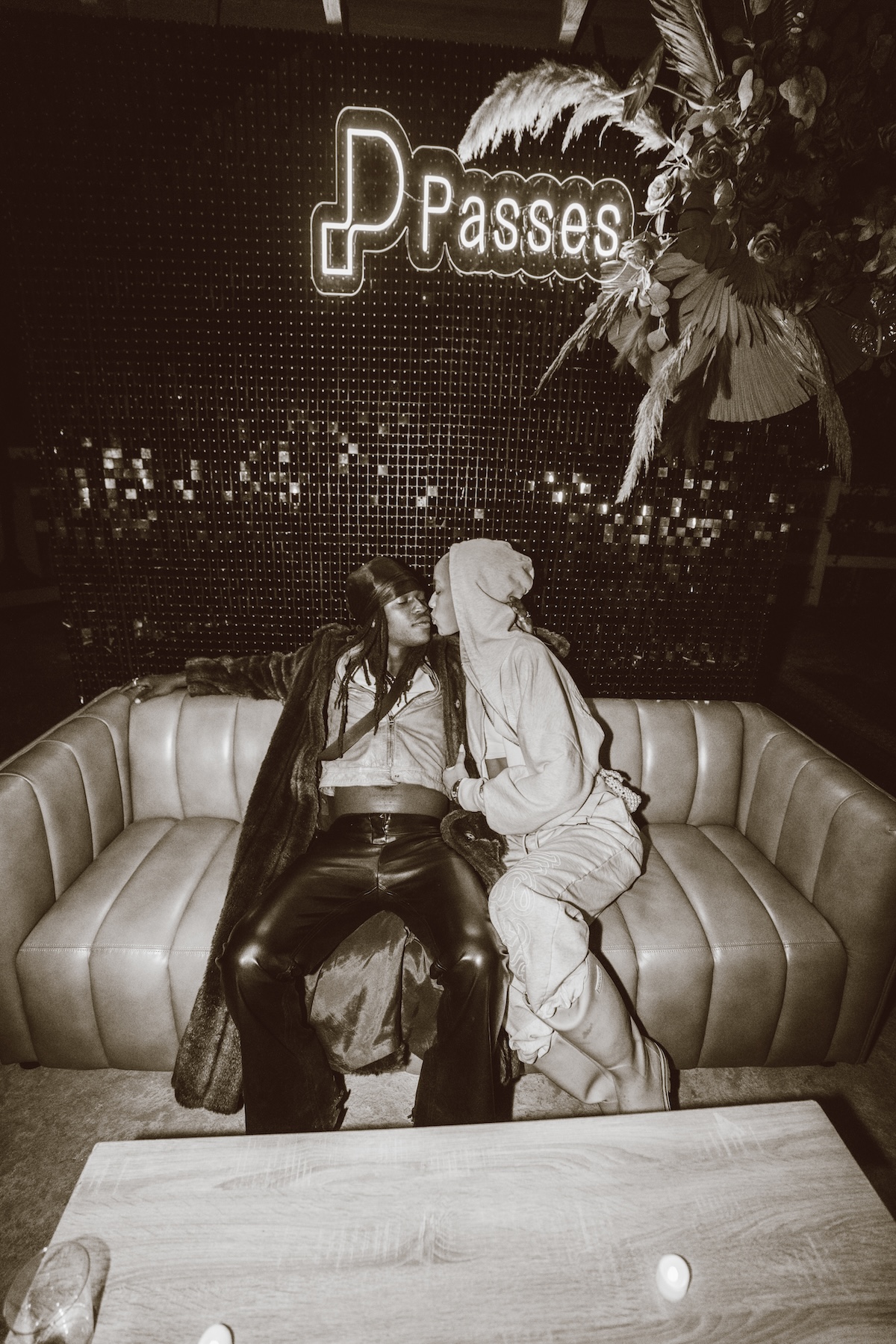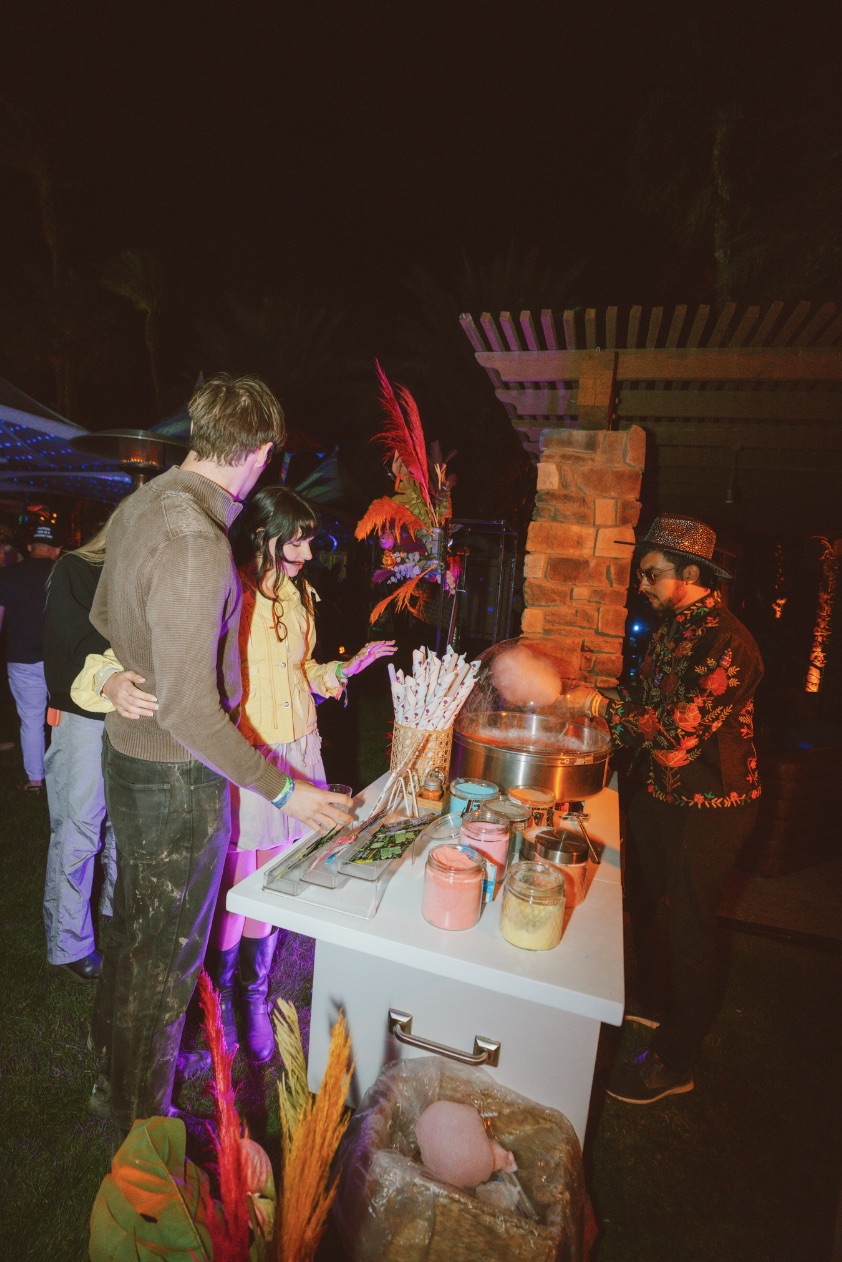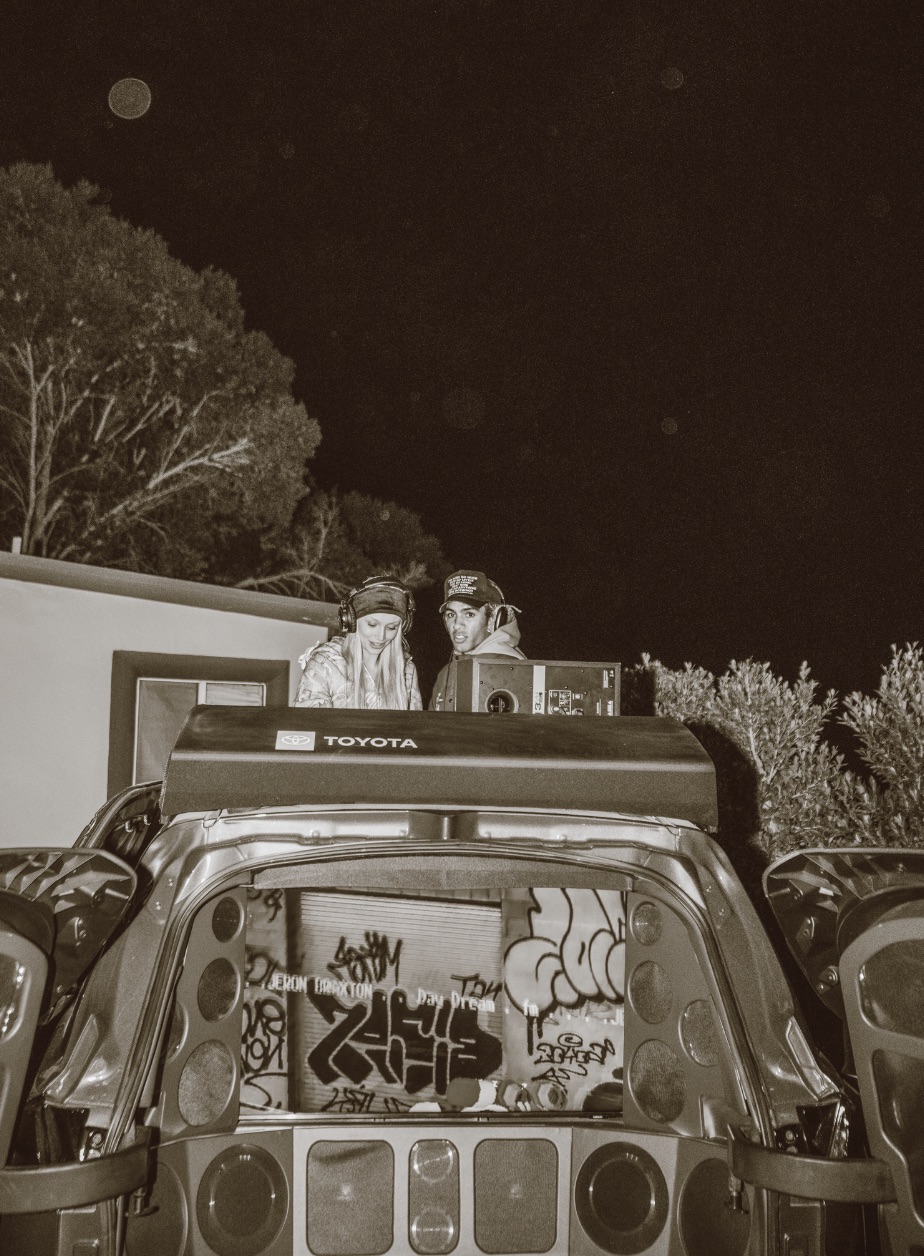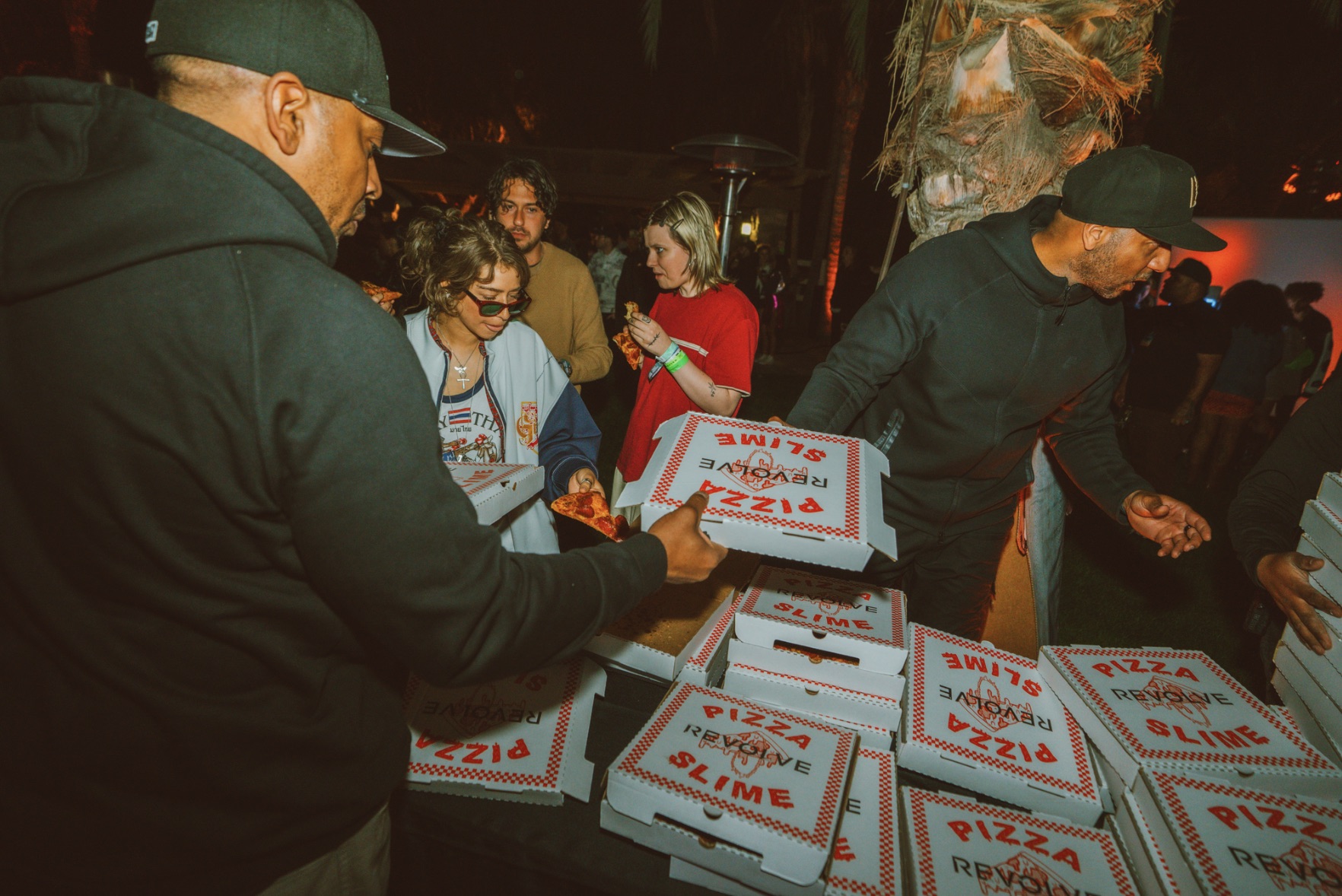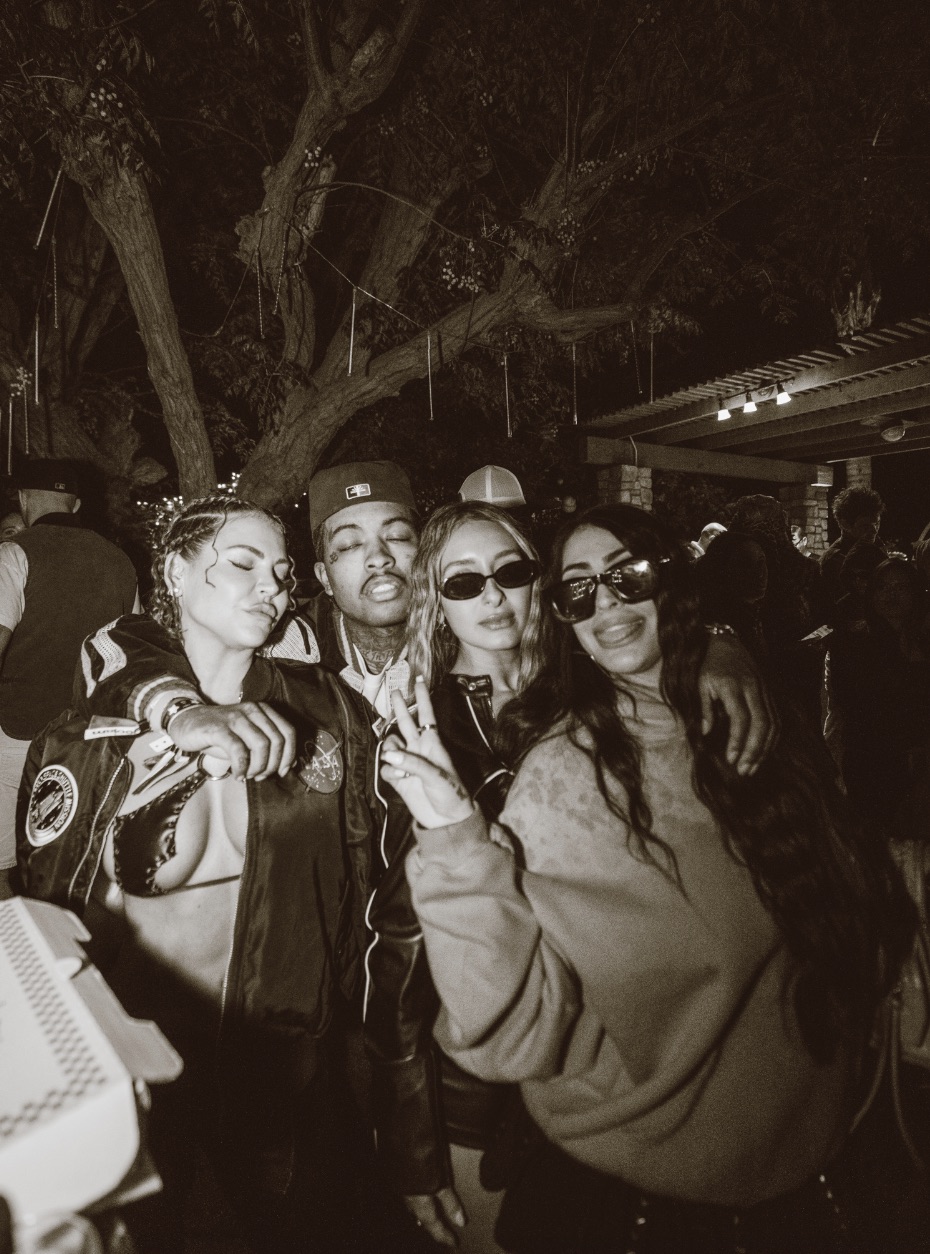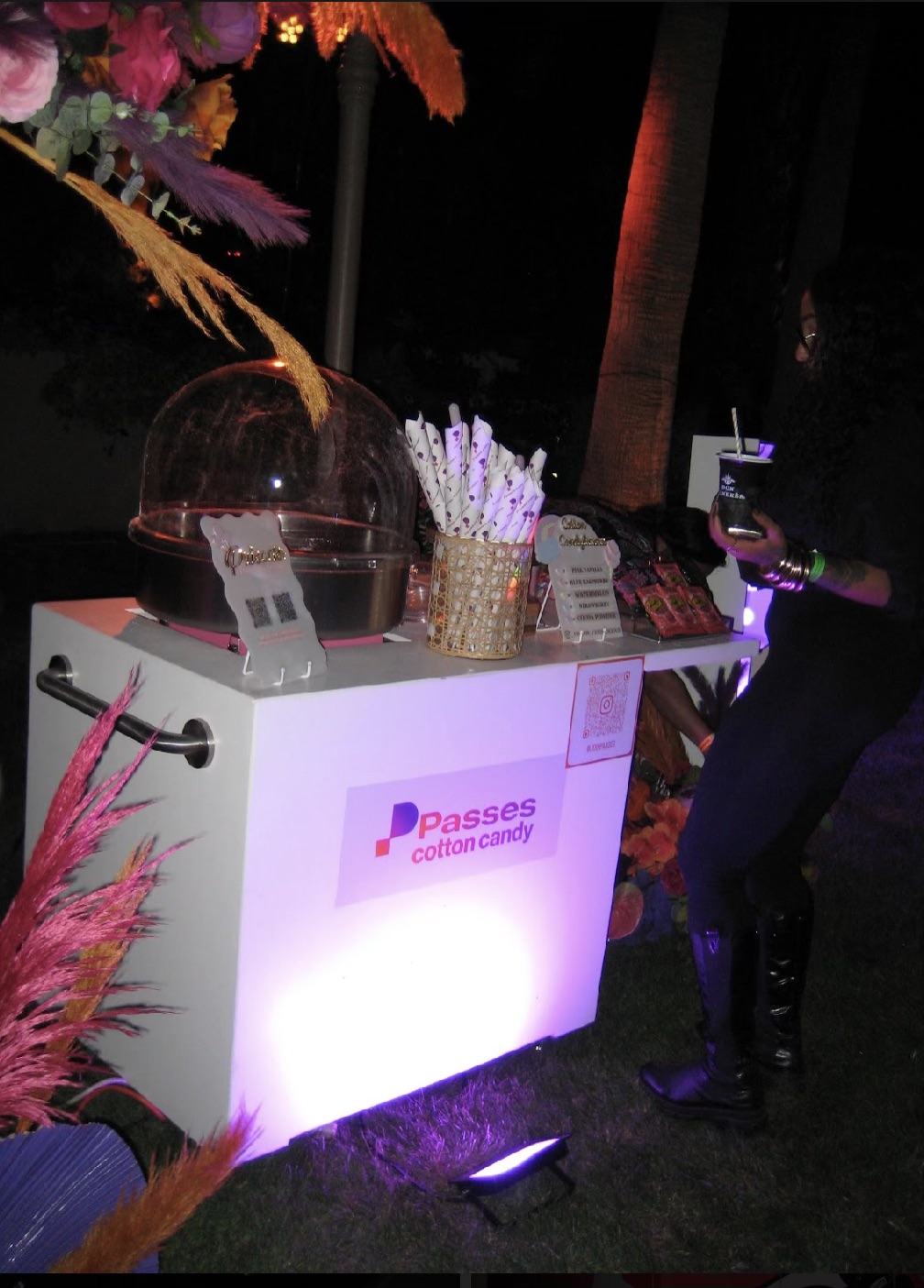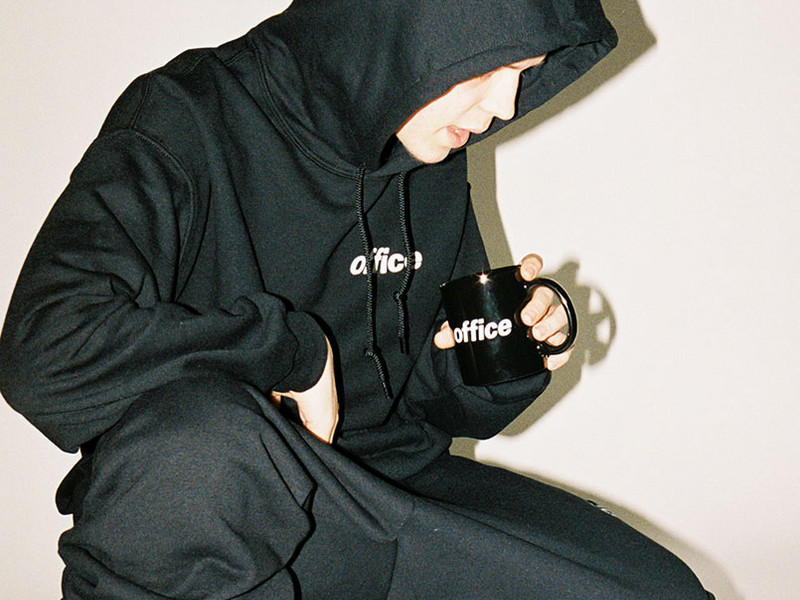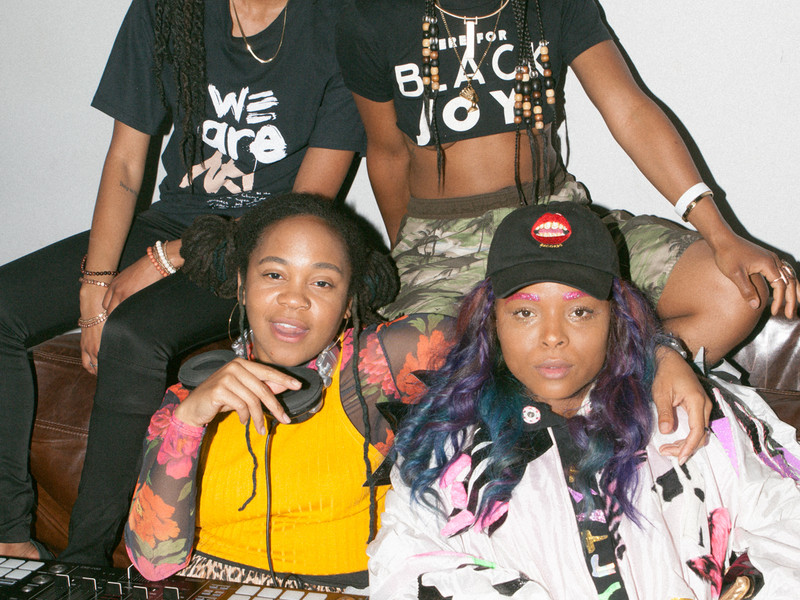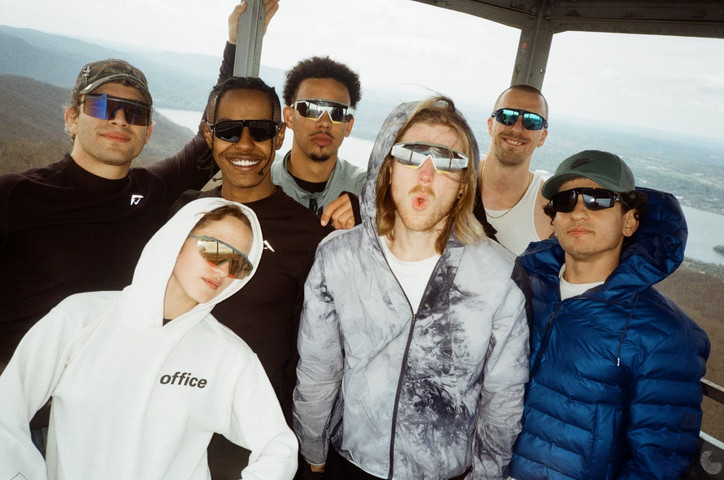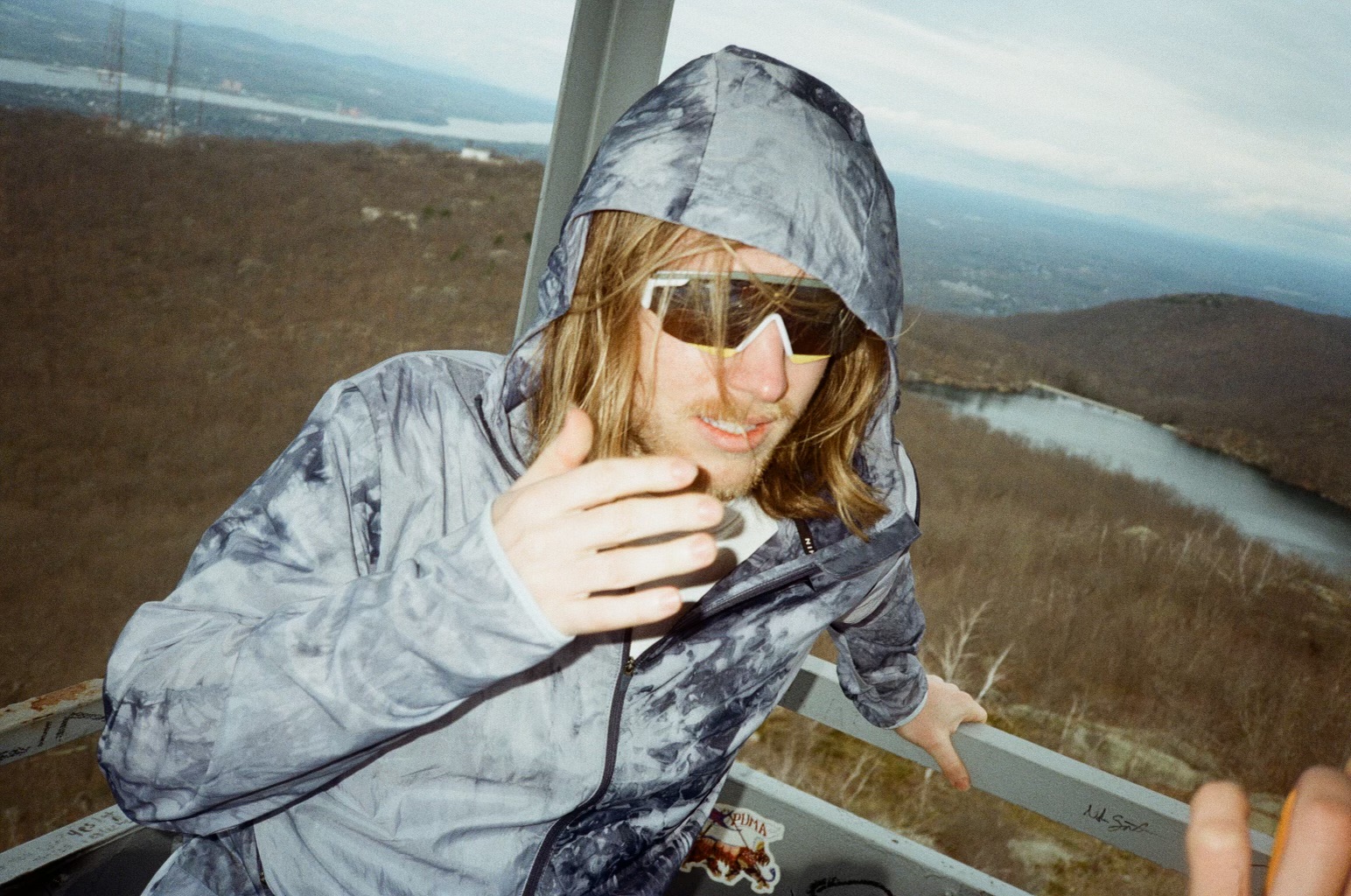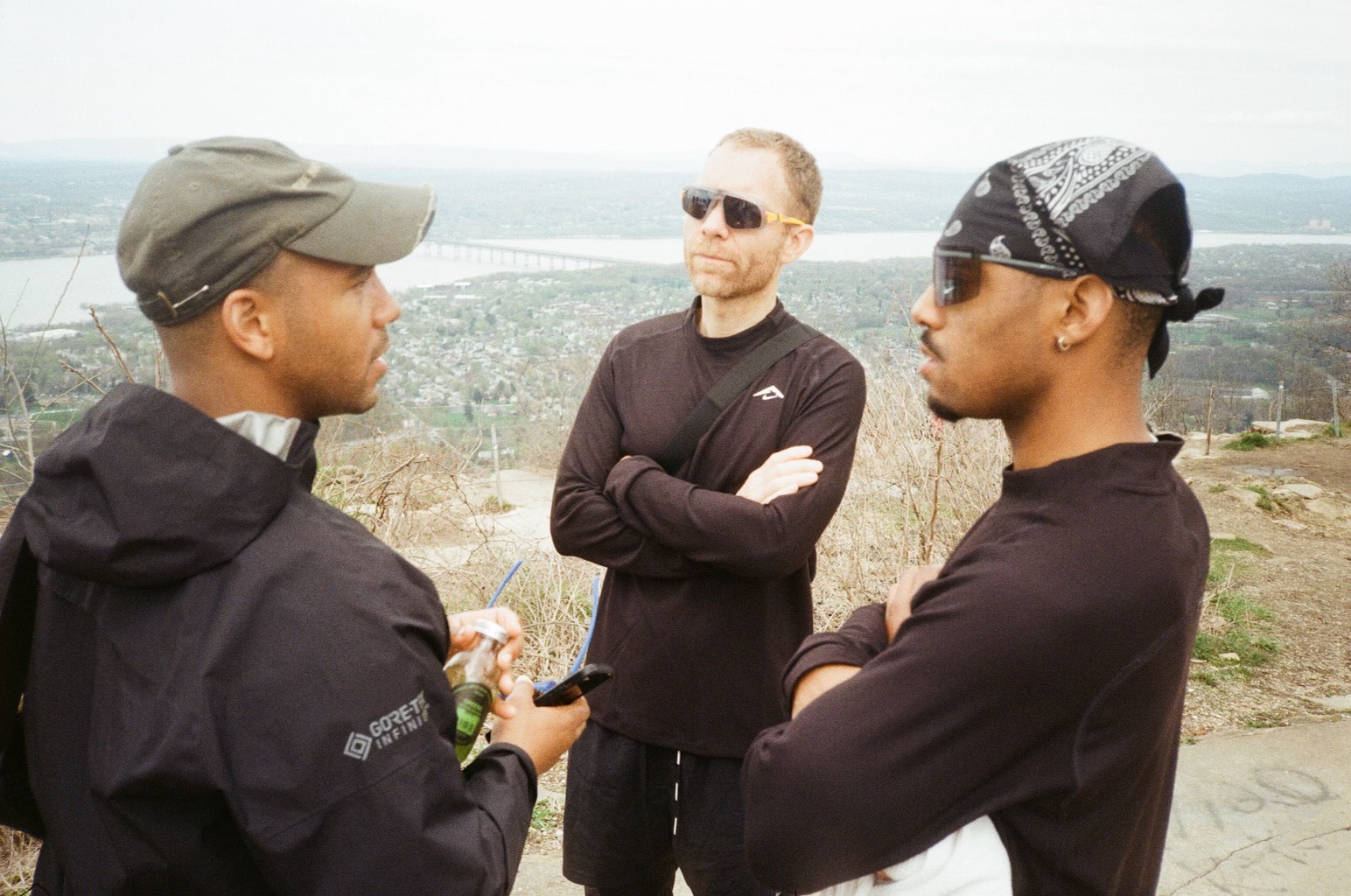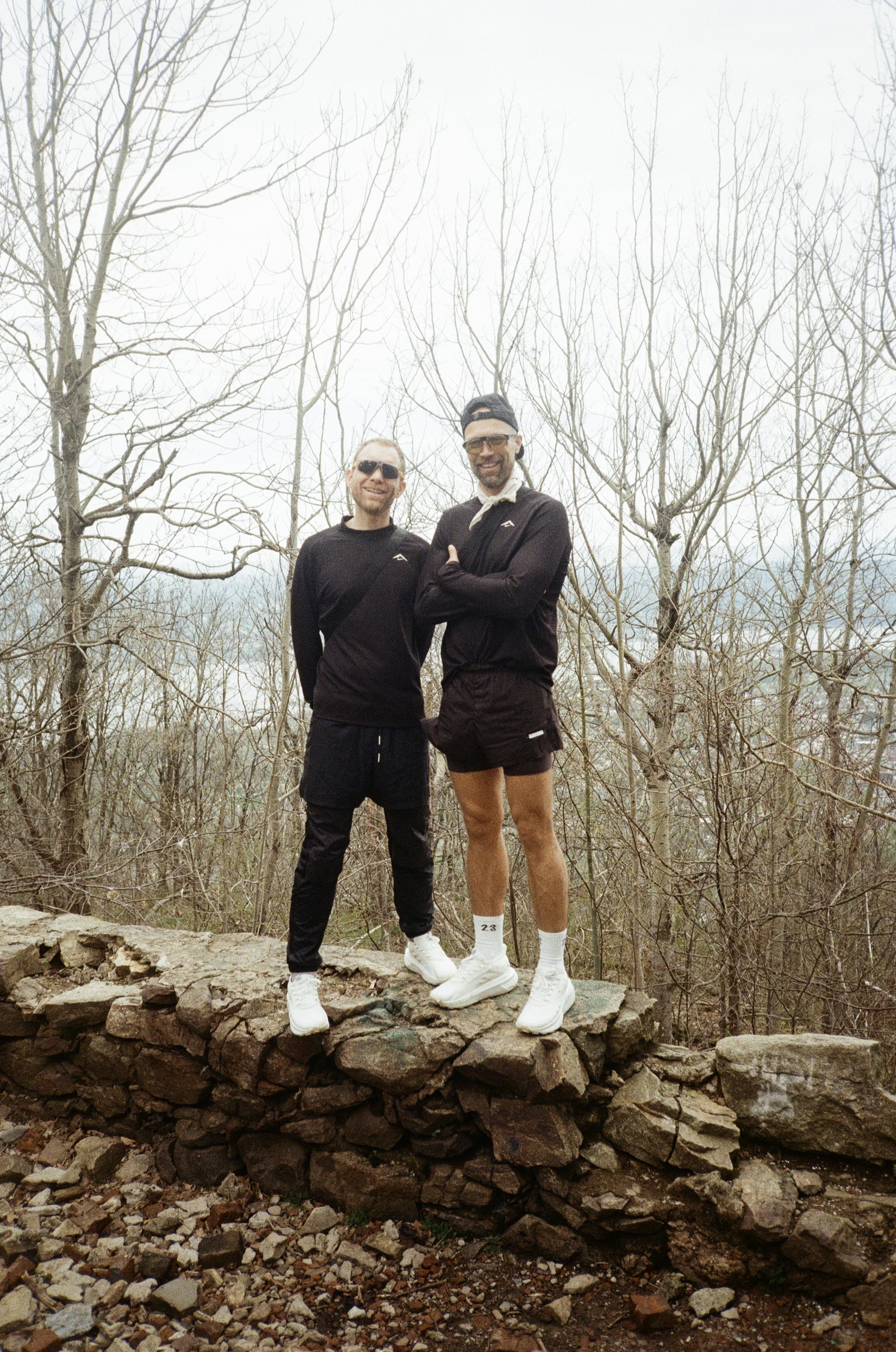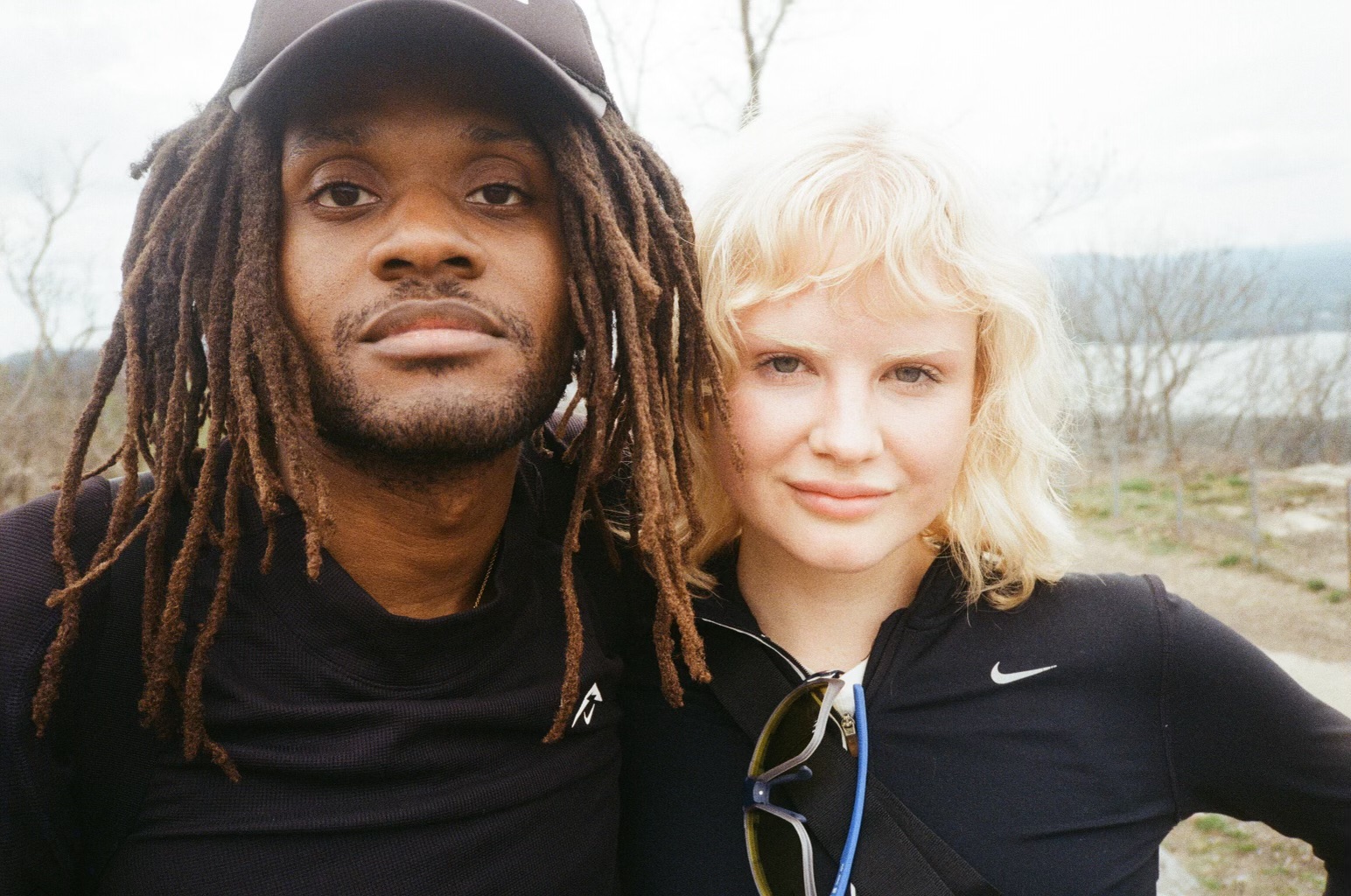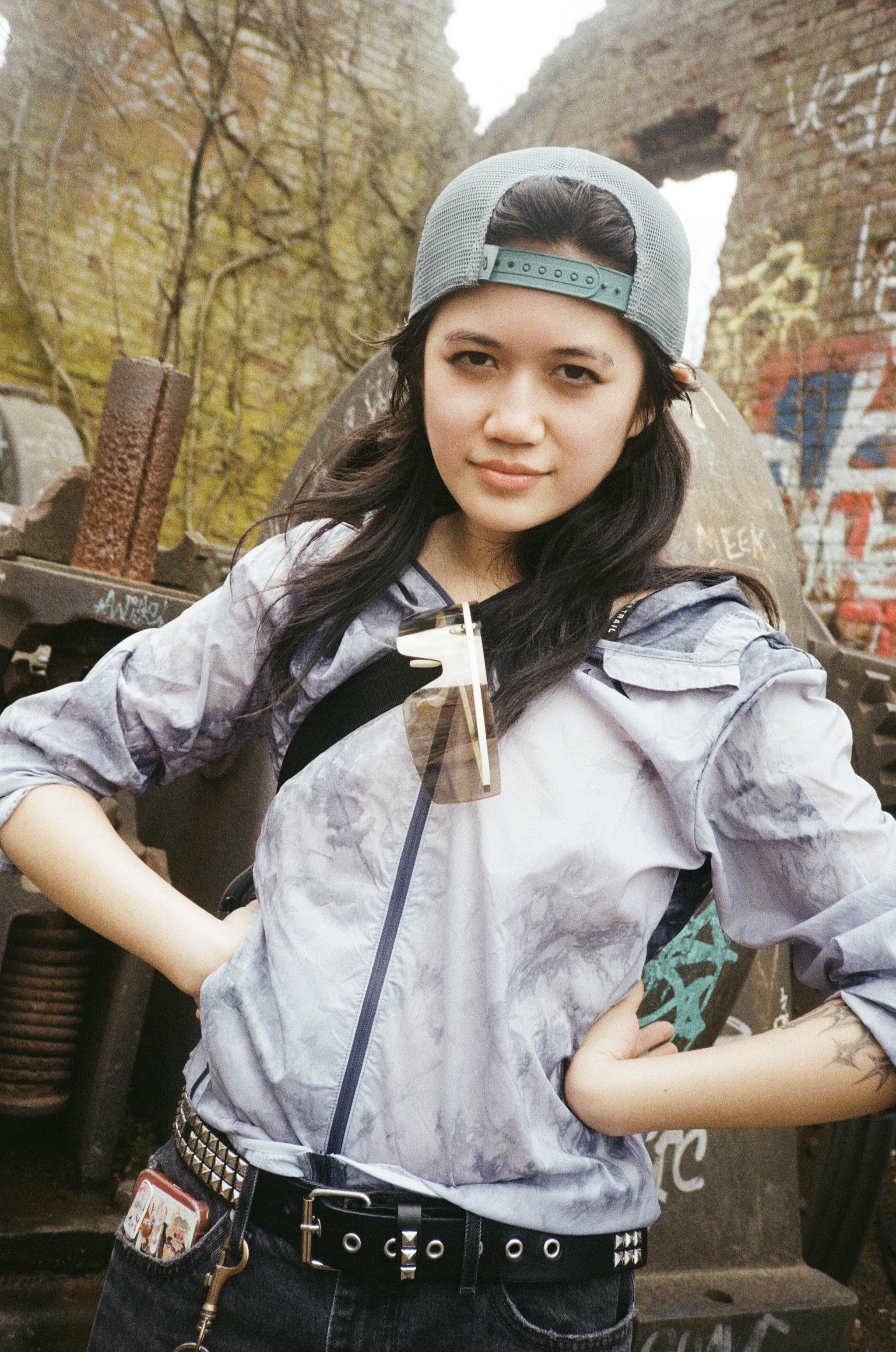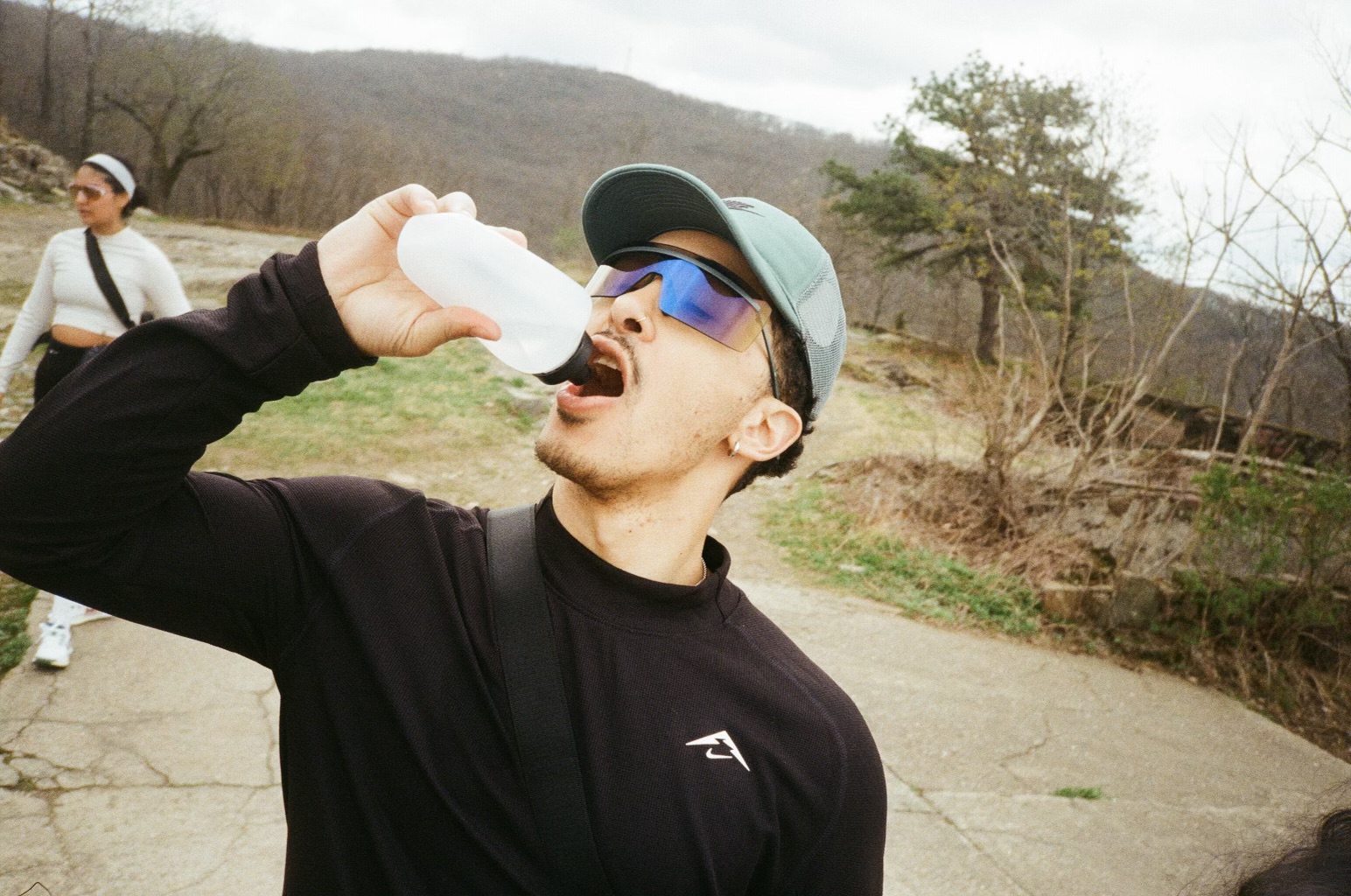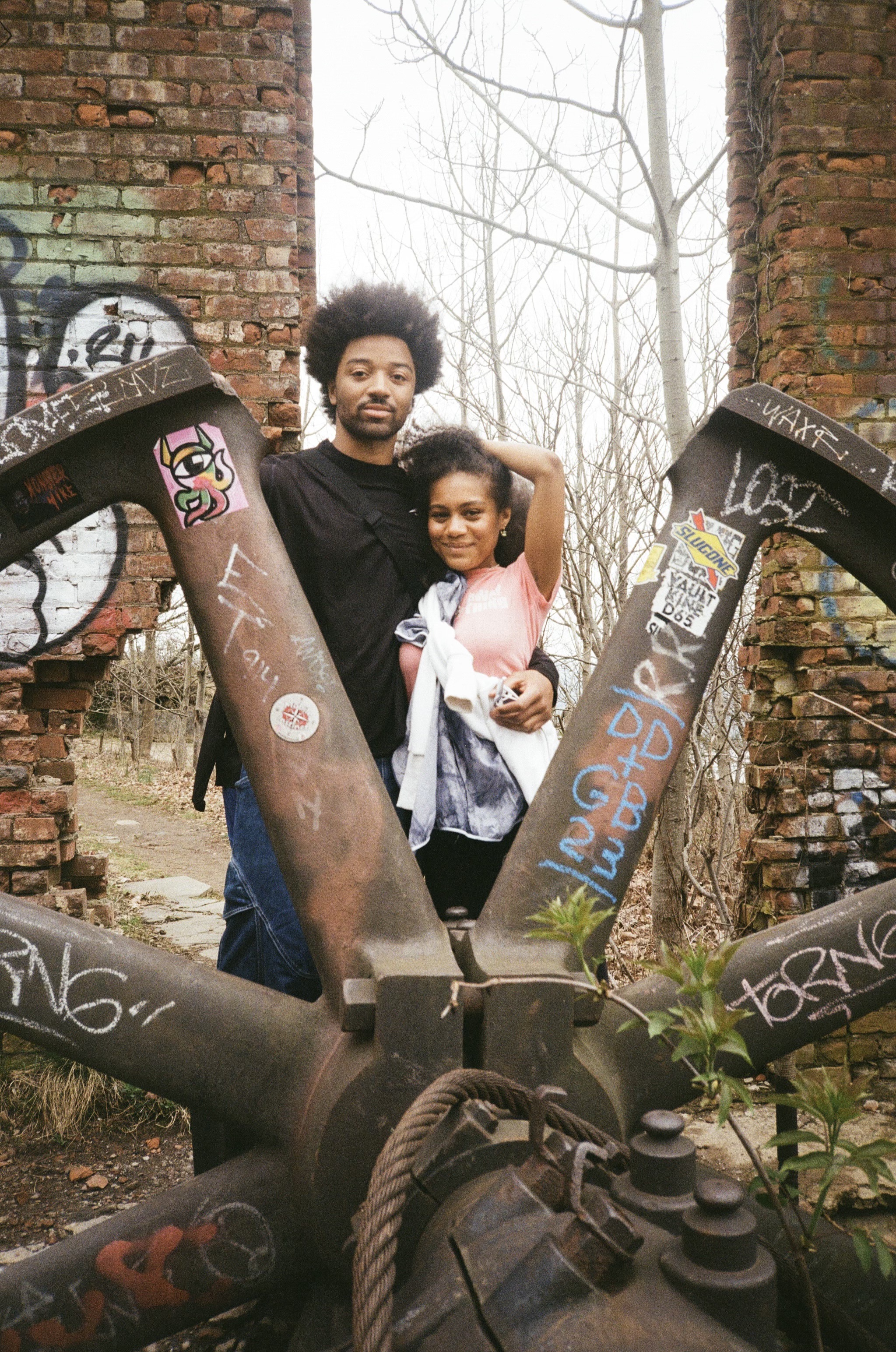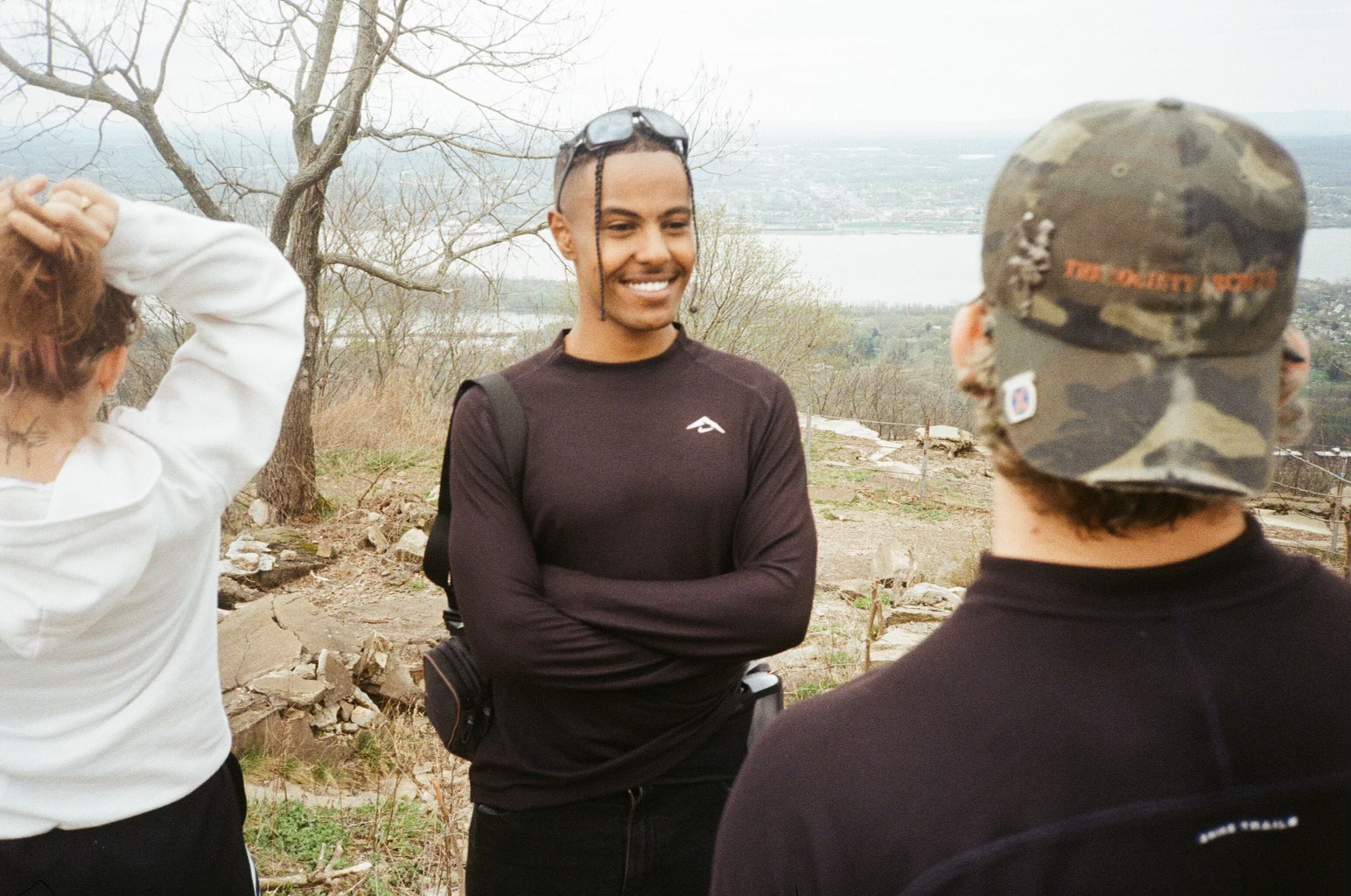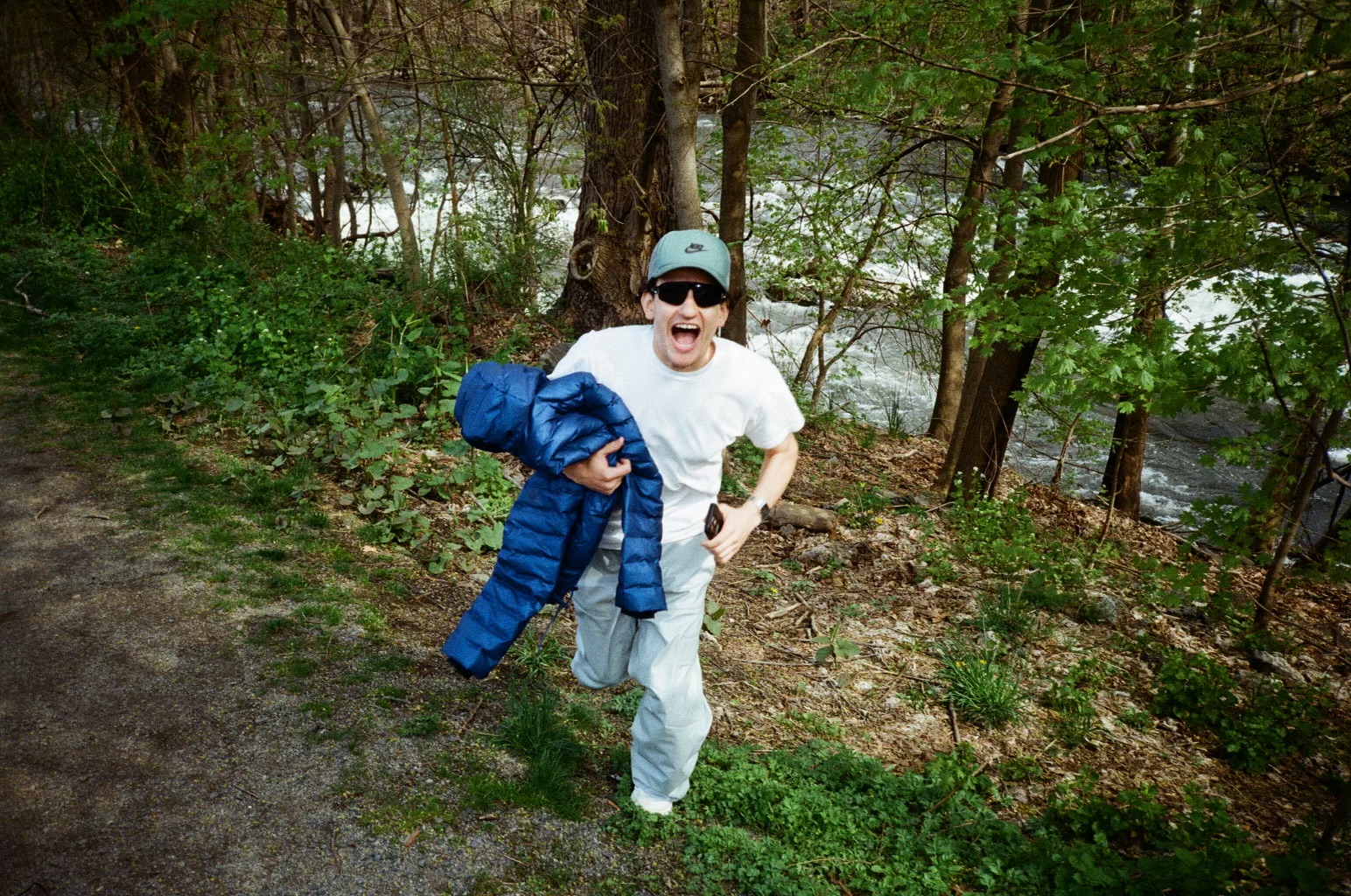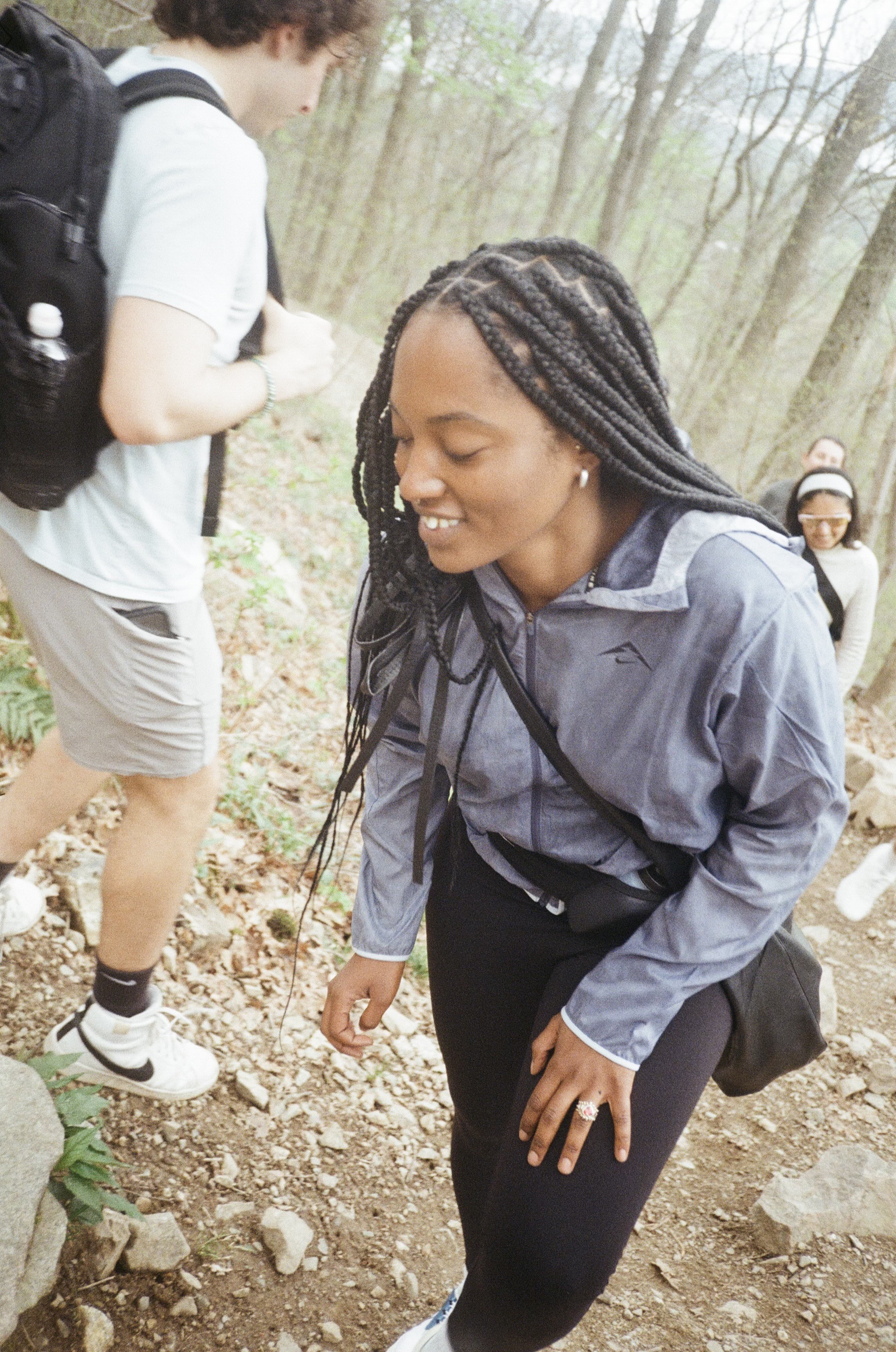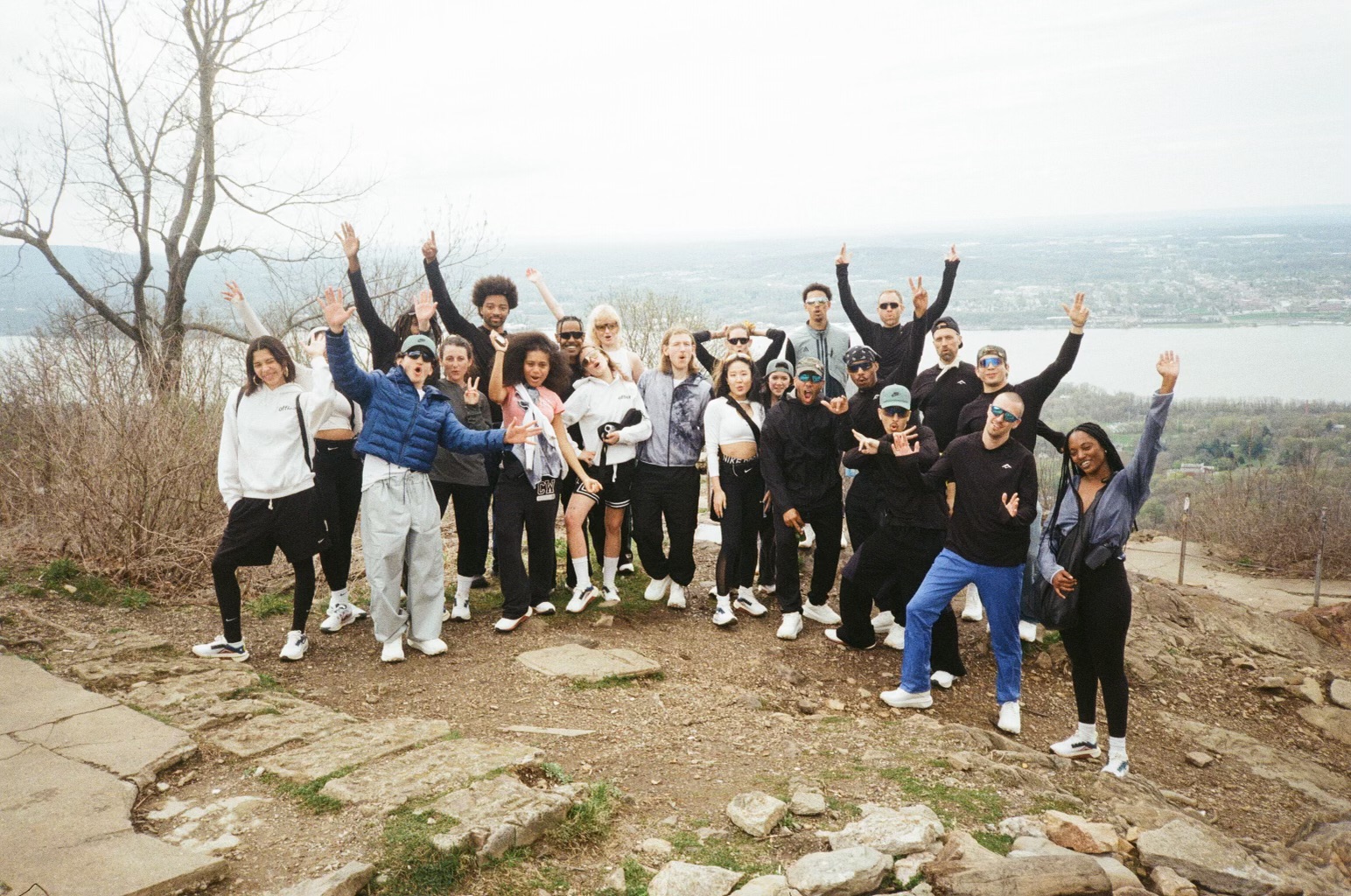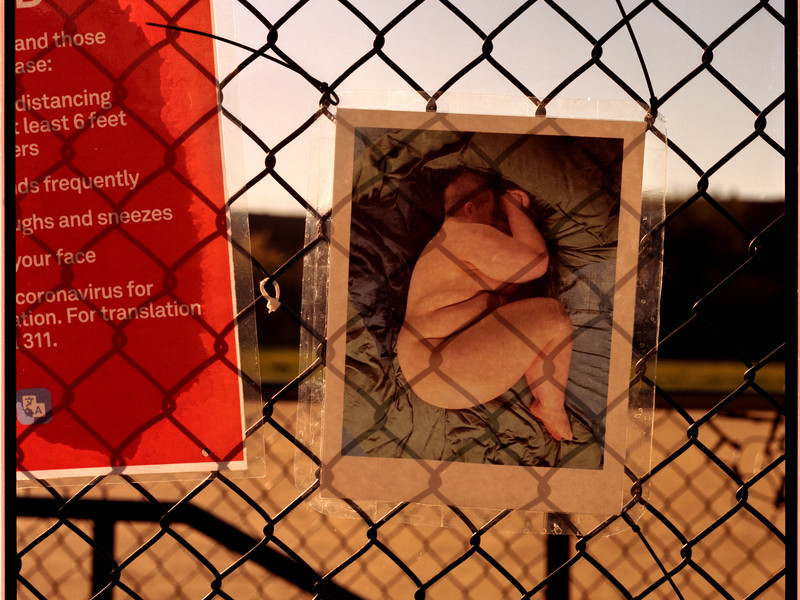Our Parents Used to be Us
'My Dead Dad' took people on a journey of self-realization. It also probably made us reach out to our dads with a cryptic message like, "you know I love you, right?" This drama explored narrative and experimental arcs that challenged the relationships with those closest to us. Directed by Fabio Frey, and collaboratively written by Pedro Correa— the male lead of the film. Together, they discovered new ways to demonstrate our unavoidable person-to-self conflicts, world-renowned daddy issues, and fight or flight instincts that break us down when we're close to being vulnerable. You can't fail to include the discourse of hegemonic masculinity and racial ambiguity that was also present.
The beauty of film has always seemed to be about drawn-out moments of dialogue. Yet, Correa steers this feature in the opposite direction. The style of the film impacted the narrative because with shorter lines, a simplified scoring, and quaint smash cuts, there was no room for aestheticism. The audience had no choice but to focus directly on the plot, which without realizing it, made them focus on how the film mirrors their lives. 'My Dead Dad' emphasized the dialogue we were allowed to hear. It reminded us of clever filmmaking, as whichever scenes were chosen were included because they assertively drove the story. From, the introduction that narrowed in on skate parts and jump cuts between past and present— without many words, we understand our protagonist, Lucas.
And, with an exclusive interview with Pedro Correa for office, we'll get to know him too, delving deep into filmmaking and everything else in between. Speaking with Correa made me a little nervous, but the more our conversation delved deep into the film, the Safdie Brothers, and how "Terminator" isn't usually a movie to get you crying in the club, in reality, we were just two film nerds geeking out.
So, how long was the process of filming?
So filming, I guess, like— from start to finish with making the movie, it was just a little below three years, from like actually writing to being finished-finished with the movie. Actually shooting, it's kind of complicated, because we're— my creative partner, Fabio and I are really, actually indie, I suppose, like, we thought all of like the A24 movies were made indie like we did. And then once we started learning more about like filmmaking, we're like, "oh, they had like a huge budget," and all the time in the world. So, we tried to like take little pieces of traditional filmmaking and indie filmmaking. So we did like 14 days of like actually having a crew. And our crew was small, it was less than 14 people most days. And then after that, we had allotted a certain period of time to where it was just myself, or like, camera operator, audio guy, and, like Fabio and myself, and that was pretty much it. So that I want to say, like, 24 days, but depends on your perspective.
What was it like, filming between the experimental footage, versus narrative?
Yeah, it was interesting. I mean, it's kind of freeing in a weird way, because the VHS, and the mini DV recording that we did, obviously, you don't need a video camera for it so it was very cool. Just to be like, "ah, like, this is all we need, we just need a couple actors." And we can kind of whip around and the lighting can be, like, bad too. And it doesn't matter. Because it kind of adds the genuine quality of it. But actually some all the mini DV stuff and the movie, we had filmed— mostly like the skating sequences in the opening, the VHS stuff— half of it, we filmed with our actors. And then the other half actually came from my childhood. And it was kind of interesting, because once we started writing the movie, that idea just got bigger and bigger, where we have little flashbacks. But my grandmother actually had sent me a DVD of like, burned VHS tapes from my childhood, and while we were writing it, I popped it into my computer. And I was just like, crying for no reason. Like, there's something about VHS or I'll just like, Oh my god. So we use as much as we could, but just need to do a little extra to make it make sense in the movie.
That's super cool, though! As my favorite scene happened to be when Lucas is dreaming, I think like midway, and he's like running for his dad and then it kind of, like, transitions into VHS tapes. Pinpointing me to my next question, what are your some of your favorite scenes writing versus filming?
Let's see, writing versus filming. Writing for sure was the end monologue that you had mentioned with the dad. It's so funny. I feel like some of the lesser consequential movie or scenes in the movie took forever to write and we did a million passes on it. But that sequence for example, I had sat down and maybe got it done in like 15-20 minutes of just one sitting. And then of course, we like whittled some of it down in editing a little bit. That was definitely the most, l guess gratifying, or most like— it finally clicked in my head what this movie was really about once that scene had been written.
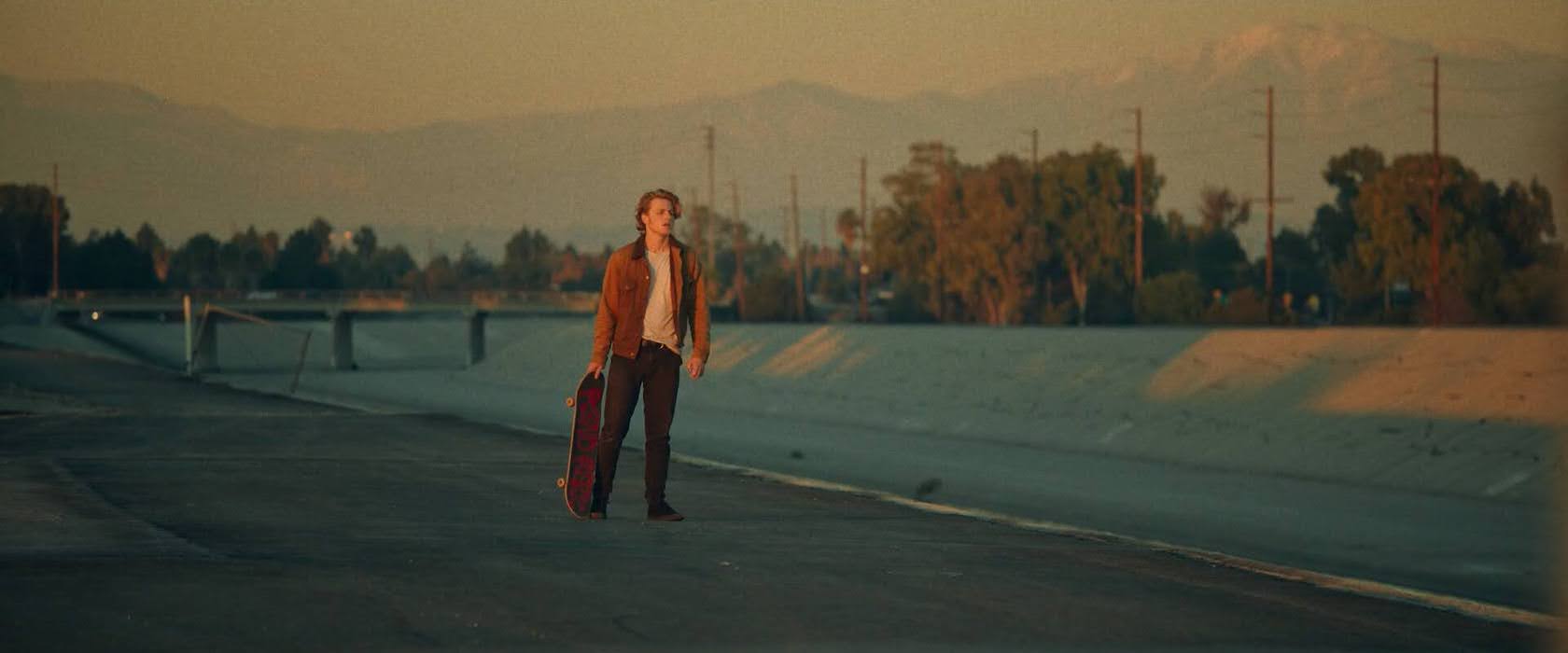
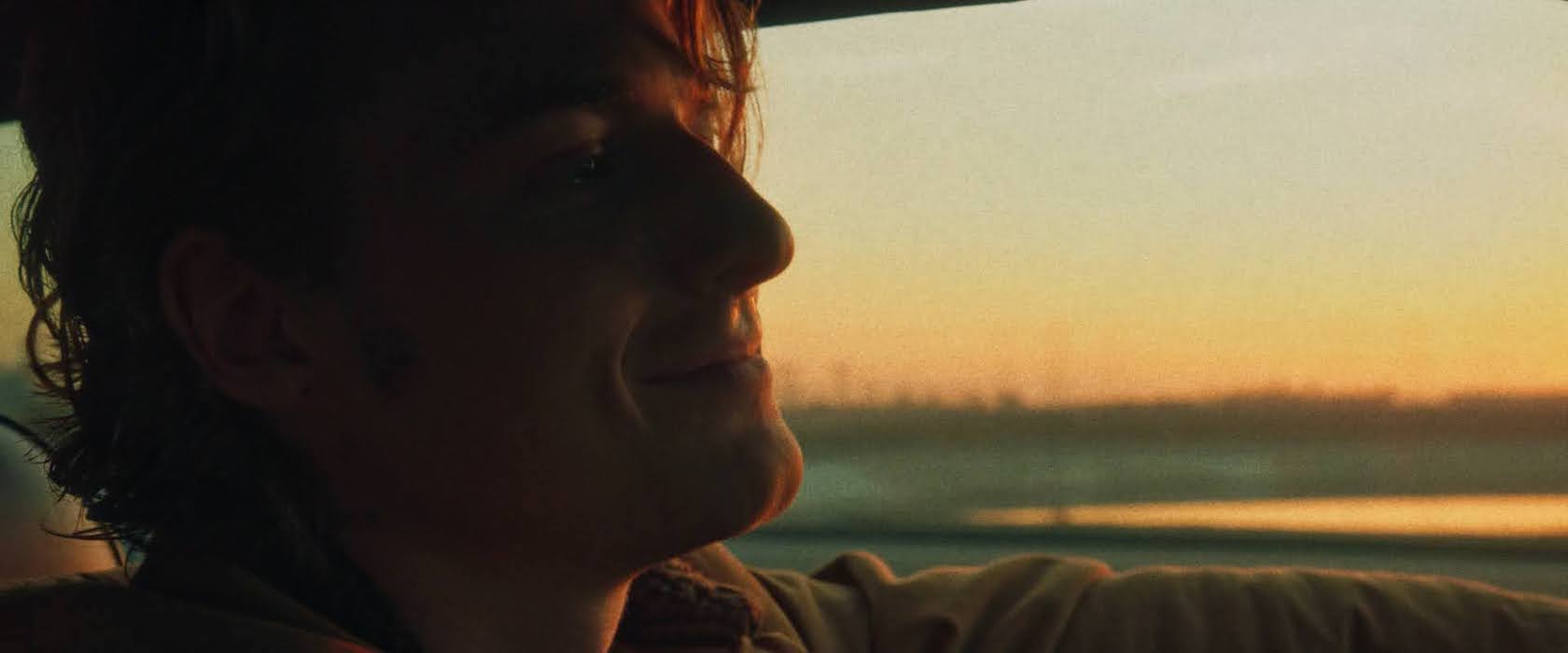
Is there a crazy story from filming that you can like reveal for us? Something really spontaneous or crazy that happened throughout?
Yeah, yeah, I'm, I'm, I'm waiting to get in trouble for this. So, one of a few of the moments in the first sequence are with Chris Pontius, Booboo, myself and a few other pro skaters and, a lot of the times in skate films, like you know, that professional skate brands will put out there. They're like hopping fences and skating things you shouldn't. And it's one of those things. We just hopped a fence of a school when it was summertime and just started skating. And like, it was just very it was very fun for like a teenager again. And I'm glad we didn't get arrested or anything but it was just hilarious to because we had Chris Pontius from Jackass which— he was totally down. But then Booboo Stewart, you know, who in the beginning of his career is known for a lot of like Disney work and things like that. So it was just, it was so cool to see those worlds meet and all just do something kind of mysterious.
I think what was probably one of the best parts of the film is how genuine casting was, because so many people were coming from different like, arcs and then being brought in and colliding. And hearing like Booboo Stewart curse was probably really super surreal after seeing him in 'Descendants.' What was it like having to like put faces and actors to the characters that you created?
It was really cool. I think the casting process is for sure my favorite moment in filmmaking because some of the roles we had written like Chris, Pontius his character, for example, Cosmo in the movie, he was our first pick, we wrote that role for him. And then we told ourselves, "that's never going to happen," and he's not going to do it. And then we offered it to him. And he was like, "Yeah, sure." And we're like, what? And so that that was really cool. But then also other roles, the role of Kieffer that was played by booboo, for example was based on a childhood friend of mine who actually, we were going to actually cast him in the role, but unfortunately, in real life, he ended up passing away. So, it really put a lot more weight on the movie in that role, because we hadn't actually even finished writing the movie at that point. And when I found that out, I totally had to kind of rethink everything. And I'm glad we got to kind of show a little bit of his spirit in the movie, but it was interesting, because it made us totally reinterpret what we're trying to portray in this person in this movie.
So,the casting process is really wild. Because also, once you start giving these scenes to people, these actors just give you a completely different world that you've never even imagined and Booboo was a good example of that, where he had just brought this lightness and this like bubbly energy to the role, and that had that just made it so so beautiful. And then of course, our first coffee meeting, he was just like, "I want a face tat." So, he was he was all game.
So, now that you mentioned about your childhood friend for the film, how much of it was based off of actual events and how much was fictional?
Yeah, so part of the idea of the movie stemmed from when I was about 14, I hadn't heard from my dad in a really long time. My parents had gotten a divorce. I was living in one part of the world and he was living in another part of the world. And one day I got a call from out of the blue. And he called, he was just like, "hey, I'm, I'm dying." And I was like, "what?" I'm flipping out that I even heard his voice, let alone that he was telling me his life was ending. He had lung cancer, and he said he had a month left to live, and that he had an apartment in Peru. Peruvian, I don't look like it, but he was living in Peru at the time. And I had no idea that even existed. So he was like, "you're gonna be the landlord of it. At 14, your name is going to be on it. I don't want anyone else's name on it. So good luck," and then hung up. And I was in shock. I literally went through a month of my life just kind of grieving before it even happened, I suppose. But luckily, in real life. My dad actually survived this lung cancer, he got his lung removed. And apparently you can survive like that. I don't even know that was possible. He's got one lung and still smokes a bunch of weed, he's a badass. But anyways, the movie was inspired by that about the what if if that kept going that that direction. So other than my dad being dead, a lot of the movie is is real people that have been in my life, or that I live next to in LA, including Shula Antoine, who is the older Chinese woman in the movie. A lot of her scenes were just stories she would tell me. And she just would tell me about how she almost got a fistfight at 711 with some crazy guy, and she had bedbugs, and all this crazy stuff. And I was just writing it. And eventually she read it and she's like, "Oh, my gosh, I this happened to me." and I'm like, "no, no, this is you." So, a lot of real life was mixed in but there's there's probably about like, 35% of it that that was fictional.
Telling a story about a protagonist that is like biracial, and comes off racially ambiguous, what is that like to have that contrast from your actual personal experience versus Lucas's?
I never kind of I never thought twice about it. I lived a lot of my life in Peru. My Spanish is like, okay, but pretty shitty at best. So I I survived how I needed to in Peru, but when I came to the United States, and I moved to LA at like, I think it was 17. I noticed a lot of the time. I mean, obviously, my name is Pedro and people's first question is "do you just speak Spanish?" I noticed how it was a weird duality where it's like, I got discounted for not being a Peruvian, which is just strange to me. I mean, I didn't ever really think about it. But this movie was kind of a good opportunity to delve into that. You have this guy who's a fish out of water. He's from Reno, Nevada, and then he moves to LA, but his dad is Peruvian, like mine is. And he just doesn't really feel like he has a place in the world, generally, in his life, and in his culture and in his world and where he lives. So that was definitely a personal feeling that that I wanted to express. There's a lot of people who feel that way. And it's been cool to see the response to the movie too, because there's a lot of a lot of Latinx people who have reached out and been like, "I totally feel this way. Like I don't speak Spanish at all, you know, my my mom and dad are like, you know, Hispanics, and I feel kind of almost left out in a weird way," so it's been cool to see that connect with other people because I thought I was the only one who felt that way.
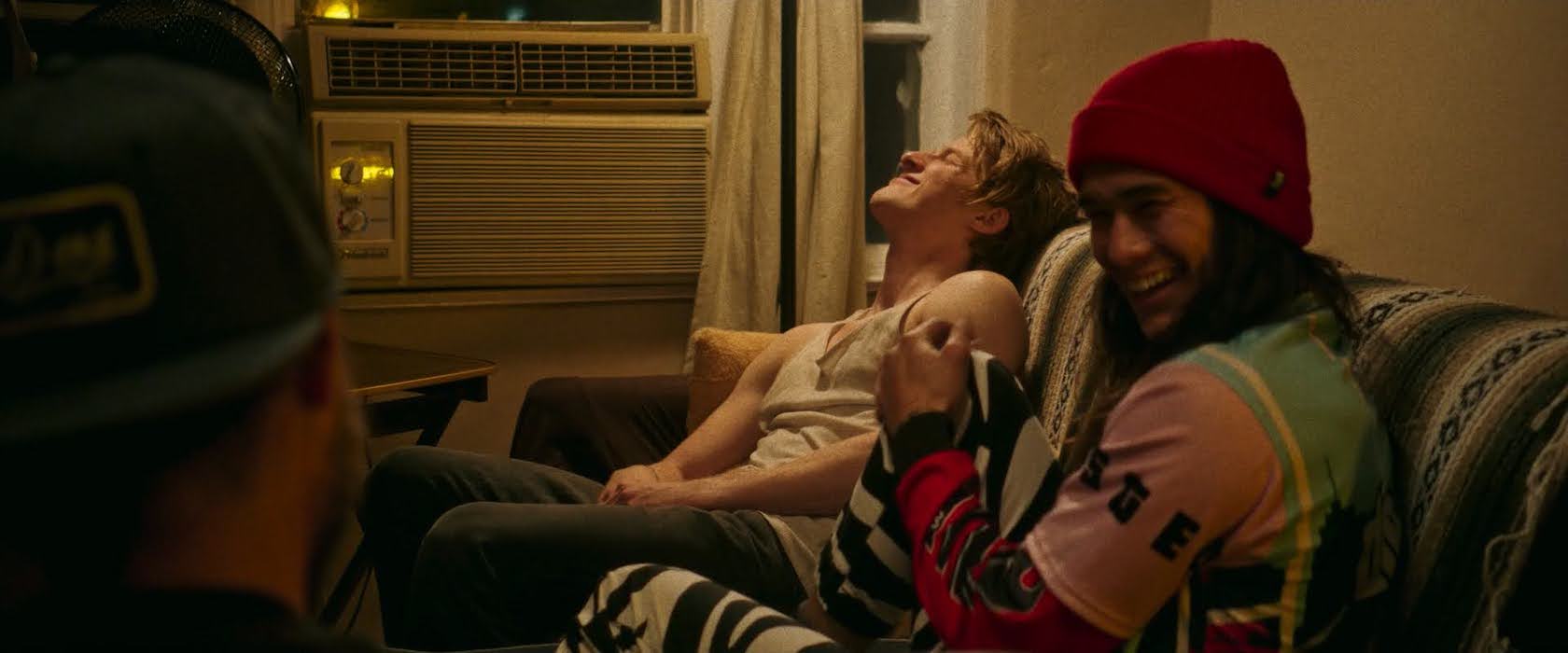
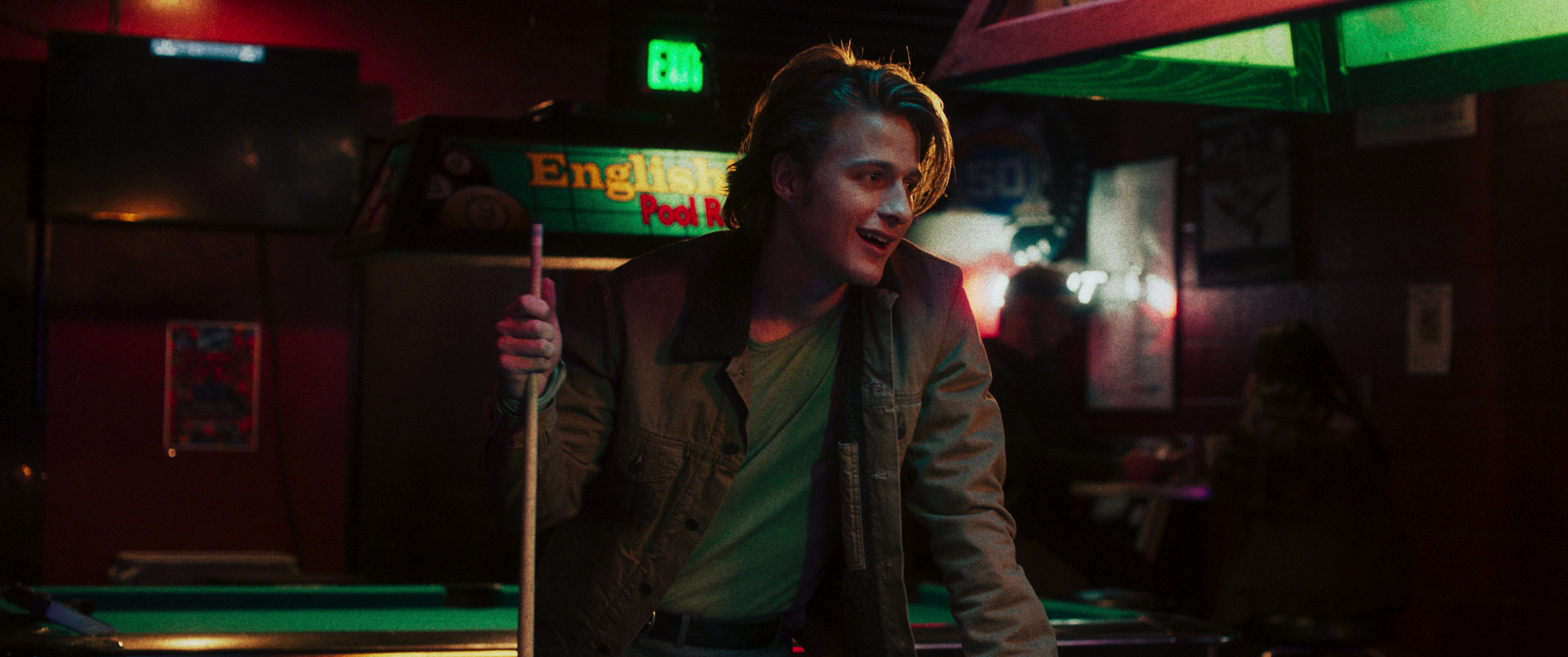
You, I don't think you use that many songs. So, what was the process behind that kind of scoring?
Yeah, I think it's probably just came from a strange mix between loving old movies, old long movies, like, you know, the Godfather, and also being like, the rapid nature of now. It's like, we didn't want to force you to feel something. Musics amazing too, and can be a great accent on to things. So there was a lot of talks with our composer, David Saunders and us of being like, how do we like add just like an accent of music that really like brings it to the next level here without just you know, waterboarding, the audience with it. And it just kind of became part of the style because we didn't, we didn't really know how to overwhelm the audience in that way. I mean, I'm a huge fan of a lot of the safty Brothers movies, and they certainly, like go hard. And it's just interesting finding your own style, because that was my first reaction. I was like, oh, you know, we'll do something like that. And then it just didn't feel right. Really, you know, the quieter moments. felt special, I think in this movie. And also during the writing and the creation of the movie. A lot of the quieter moments inspired it too because we'd be writing and in my apartment at the time in Hollywood and and you know, there'd be like Pitbull blaring like under the floorboards from a neighbor or like you know, someone arguing through the drywall you know? And that's life and that's the apartment so you kind of want to like hear it sometimes in a weird way. So that's where that kind of decision came from.
No, for sure because I think you didn't need all of this overwhelming like "sad people music." I think the plot drove the story which unironically is supposed to be the wya films work. The plot is supposed to be the hero of the film. I have a fun question. Now, that you mentioned 'The Godfather' and The Safdie Brothers, what is a film in general that you wish you wrote?
Let's see, all movies that aren't like in English pretty much. Like, 'Old Boy' and like, 'City of God.' Some English films I guess would probably be like 'Ladybird.' I haven't. I have a kind of odd eclectic list of movies. 'Cause it's obviously very different from city garden. Oh, boy, but Ladybird's really cool. I think that movie is structurally interesting. It's not structurally obvious, either. Like, I've broken down the movie a couple of times of when the beat changes happen and, I still argue about it with my girlfriend. And I just realized it's a really nuanced film. It's a good movie to look to, for kind of genre or genre blending piece. That's not so clearly a drama, not so clearly a comedy. And it's just kind of a slice of life without being super artsy fartsy.
I don't think I expected that. Most people probably choose like the 'Taxi Driver' or something to sound cool. Like, that's where your mind went? Okay, question. So, at the end, where Lucas does the trick on the ramp? Was that actually you? That feels disrespectful to ask but I'm curious.
No, no worries, no worries, everyone. Everyone does. Everyone does. So 99% of the skateboard is. So this moment in the movie, and there's a reason behind this, I actually did the jump into the river, like the ramp into the river. But the small trick into the river was done by a very talented skateboarder named Nolan Misko. And the reason is because I was actually training for this stunt that we had written into the movie, before we had made the movie. And I broke both my arms at the same time. It was like five bones total. I survived, luckily, through the help of my lovely mother, who flew in and was an angel and became my embarrassing caretaker for eight weeks of my life. But the whole team knew about this and was like, we have a week and a half left to shooting you're not doing so I was like, okay, all right. Sounds good. Damn.
I had to like squint, as I really wasn't sure. Here's an inspirational question. If there is one thing that audiences should take from this film, what should it be?
Man, I think, for people to have an opportunity to look at themselves and realize whether they want to be a parent or not one day, to realize that all parents were you one day, at some point. That, to have compassion for where people came from, and to understand the obstacles that it takes to create another human being. To appreciate how difficult that can be. And to hopefully learn from that for yourself. It's hard being a parent, I'm sure, like, I'm not one yet. But man, I don't know, I saw what my mom and dad went through and, the little shit that I was. To give a break to some parents, you know, and if you do have a father figure or a mother figure, whether they're literally your parent or not, just to give them a call and kind of, you know, try to learn from their mistakes.
Less is more. ‘My Dead Dad’ focused on the little things that enrapture a film. A quiet storm of scoring and unique characters draw you near, and you become attached without even knowing. As we follow Lucas, his new landlord position, skating in the parking lot past times, subdued early midlife crisis, and puzzled feelings about his father, this is enough to remind us about our lives.
Pedro Correa confirms his seat at the table of actors to watch. His presence is a refreshing contrast to the roundabout of regular A-listers present. The actor's story is brilliant, both on and off the screen. If I were to get another bowl of Cookie Crisps, I'd spend the wee hours of the morning watching it again. Unfortunately, I am currently out of Cookie Crisps. So, I will do something different. I'll be here, encouraging you to get your hearts broken and fixed with 'My Dead Dad.' Streaming on HBO Max now.
